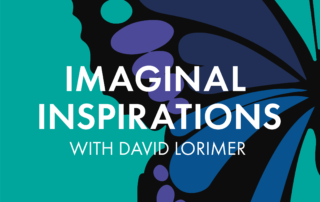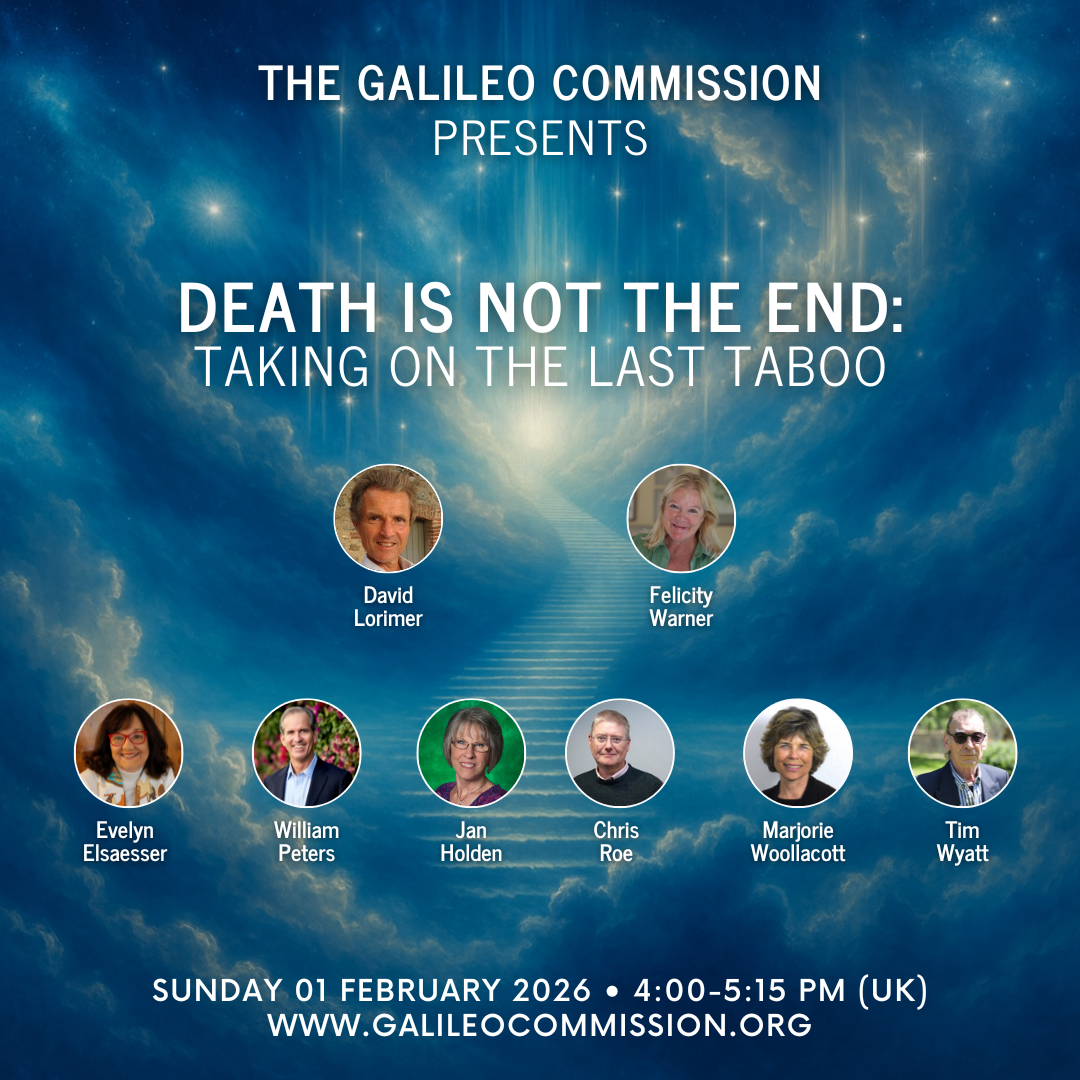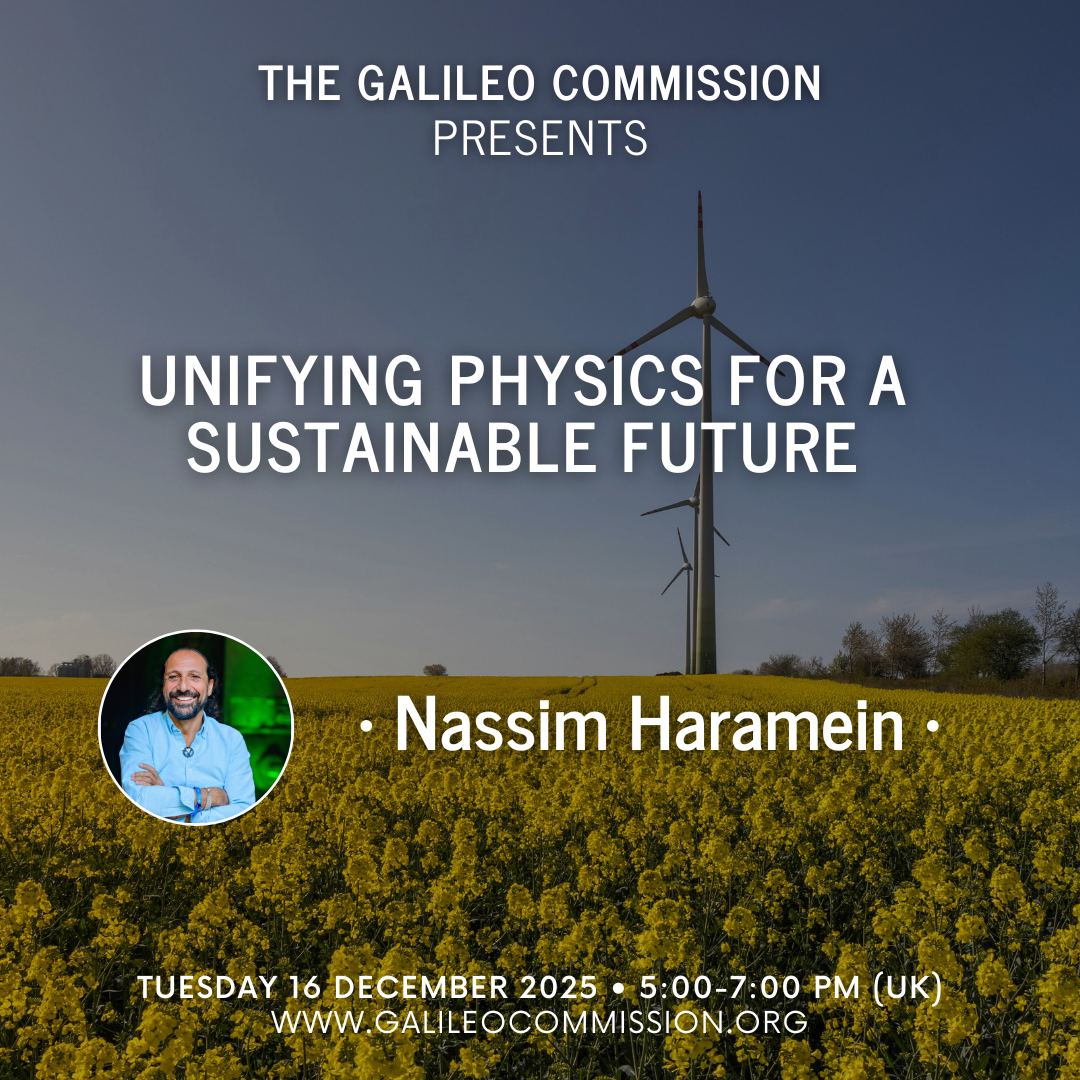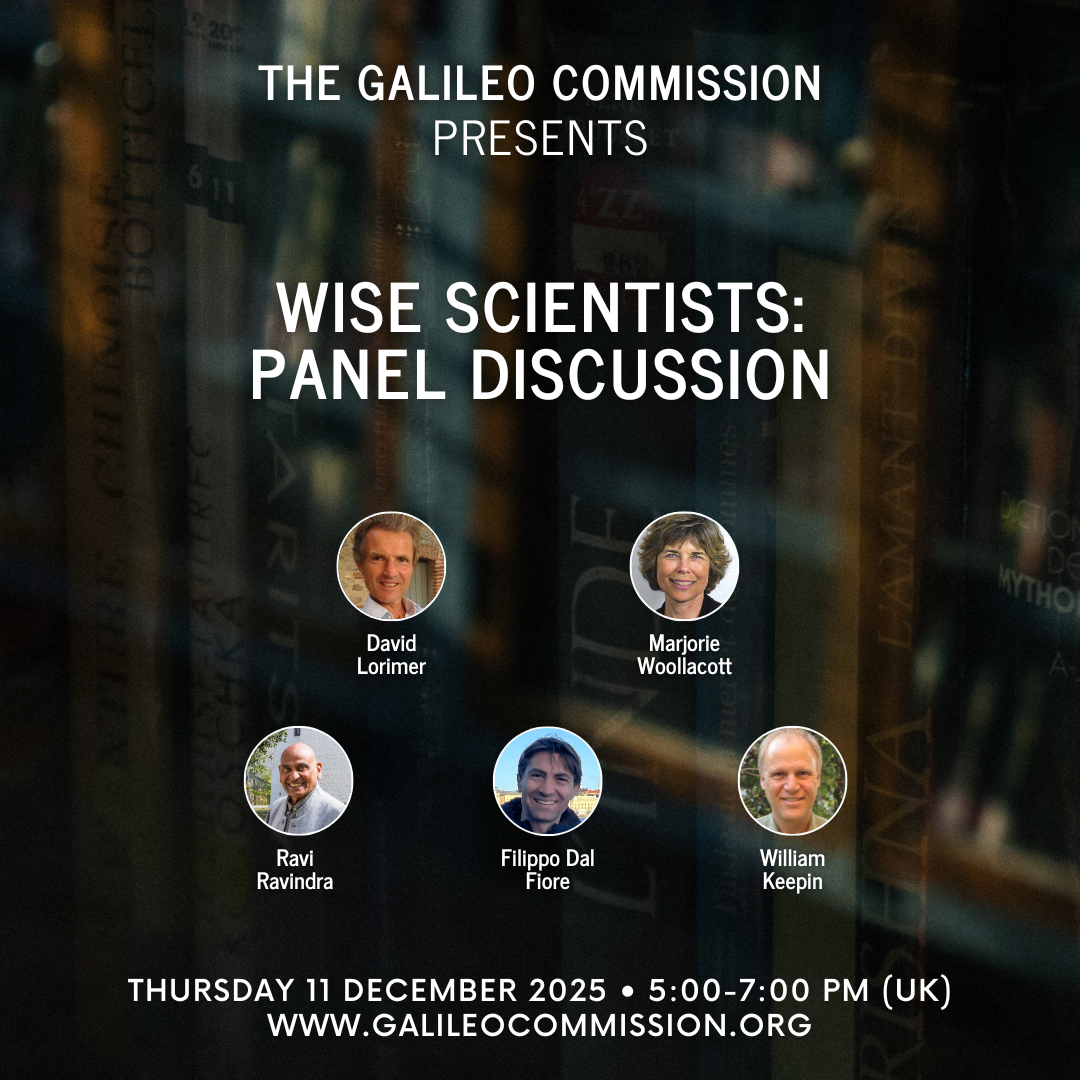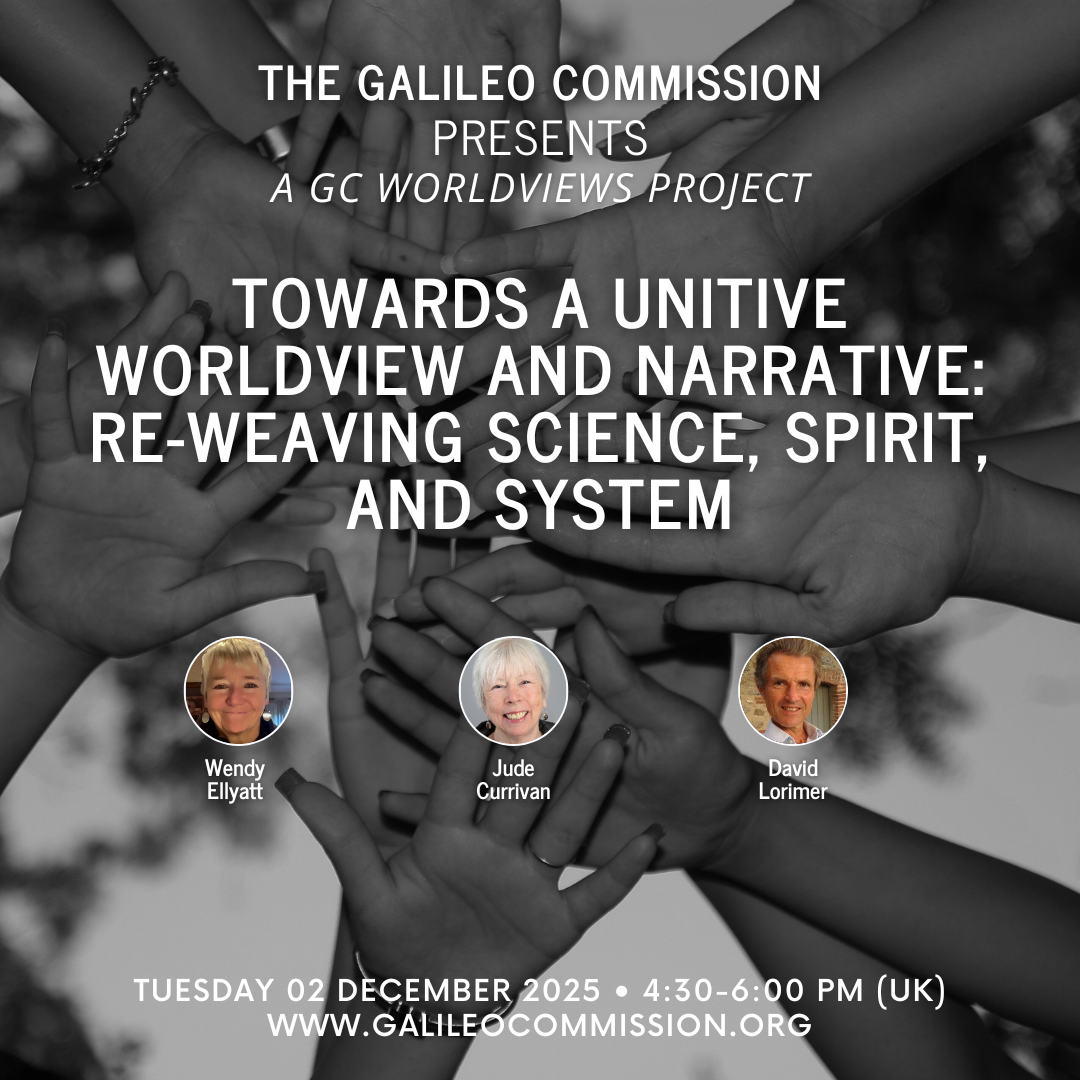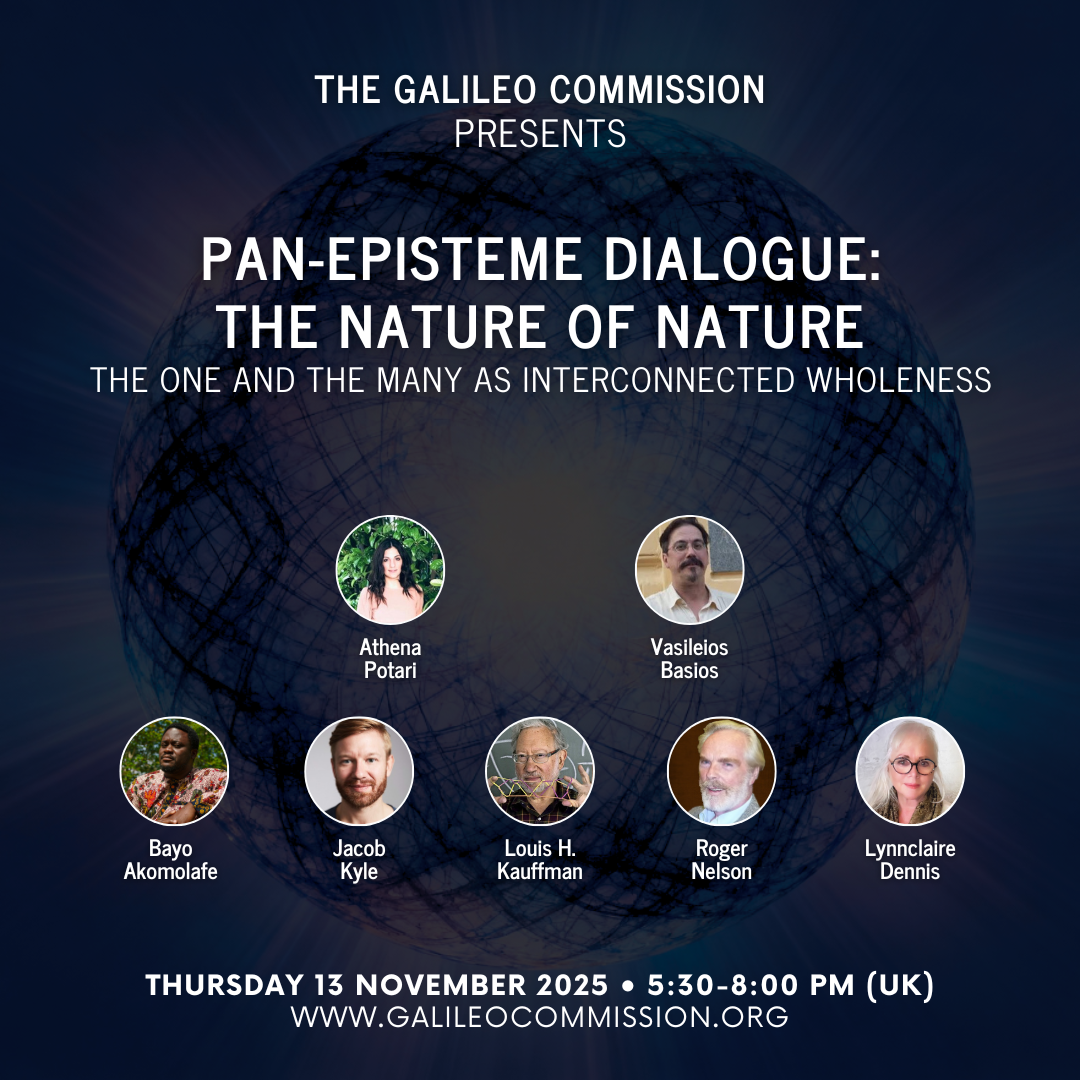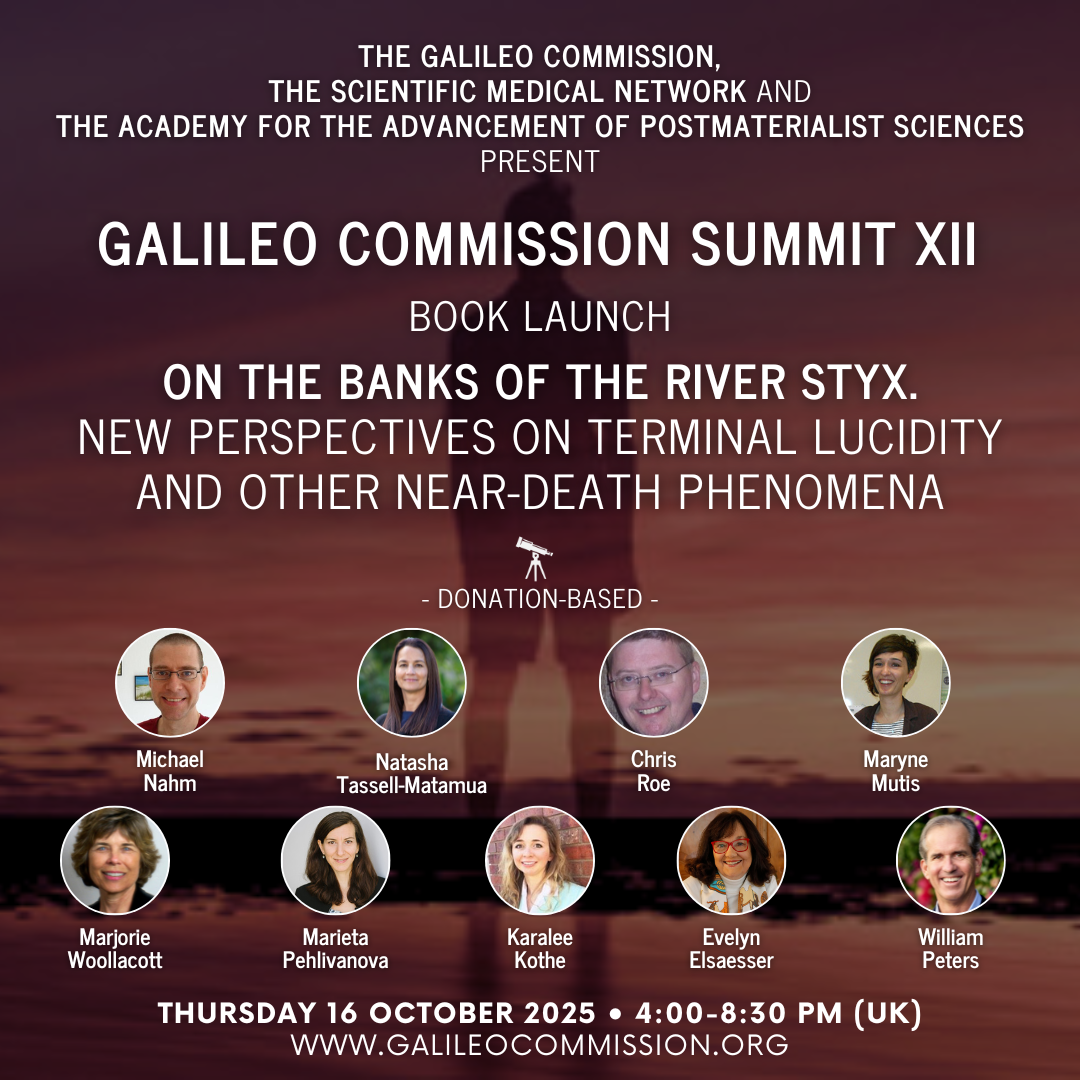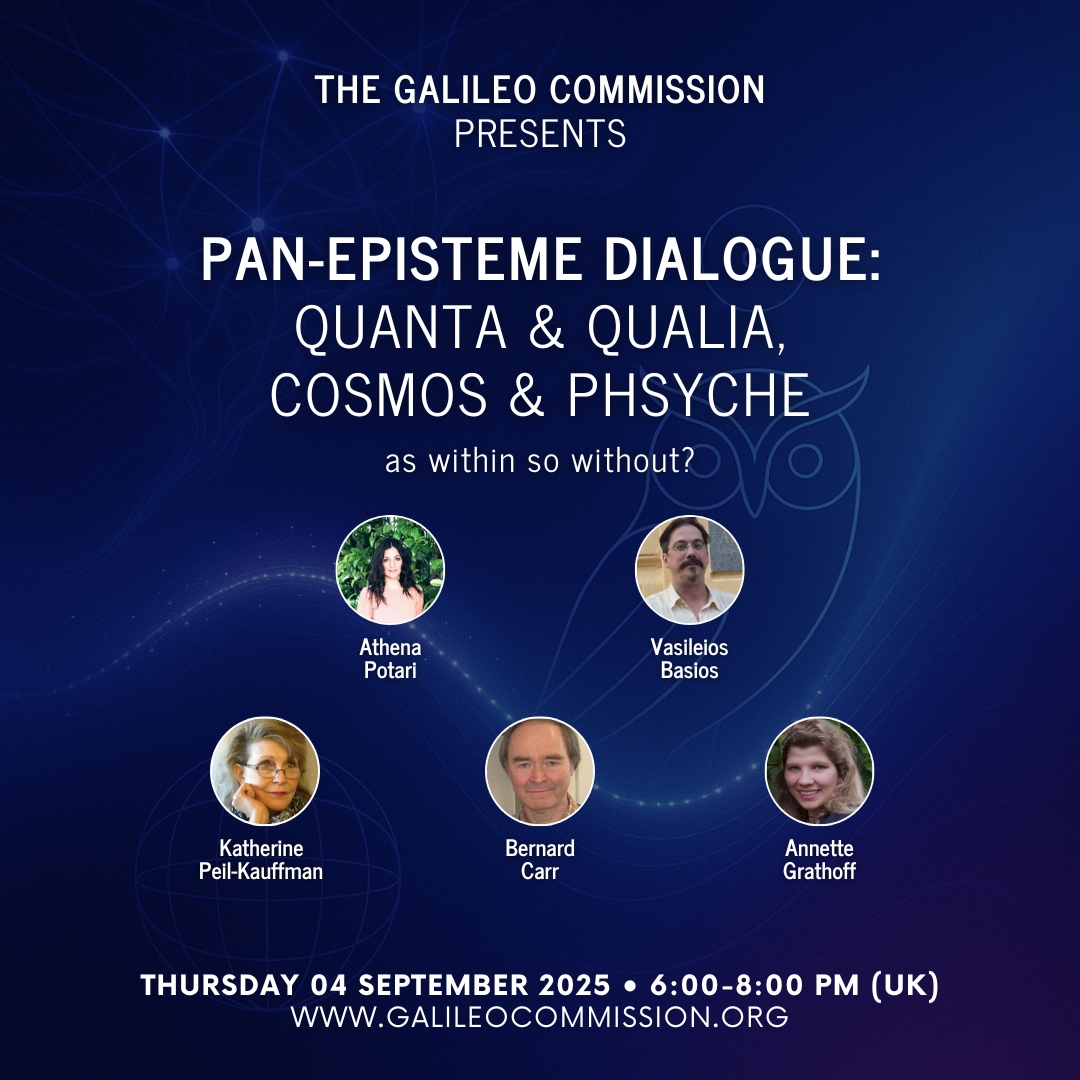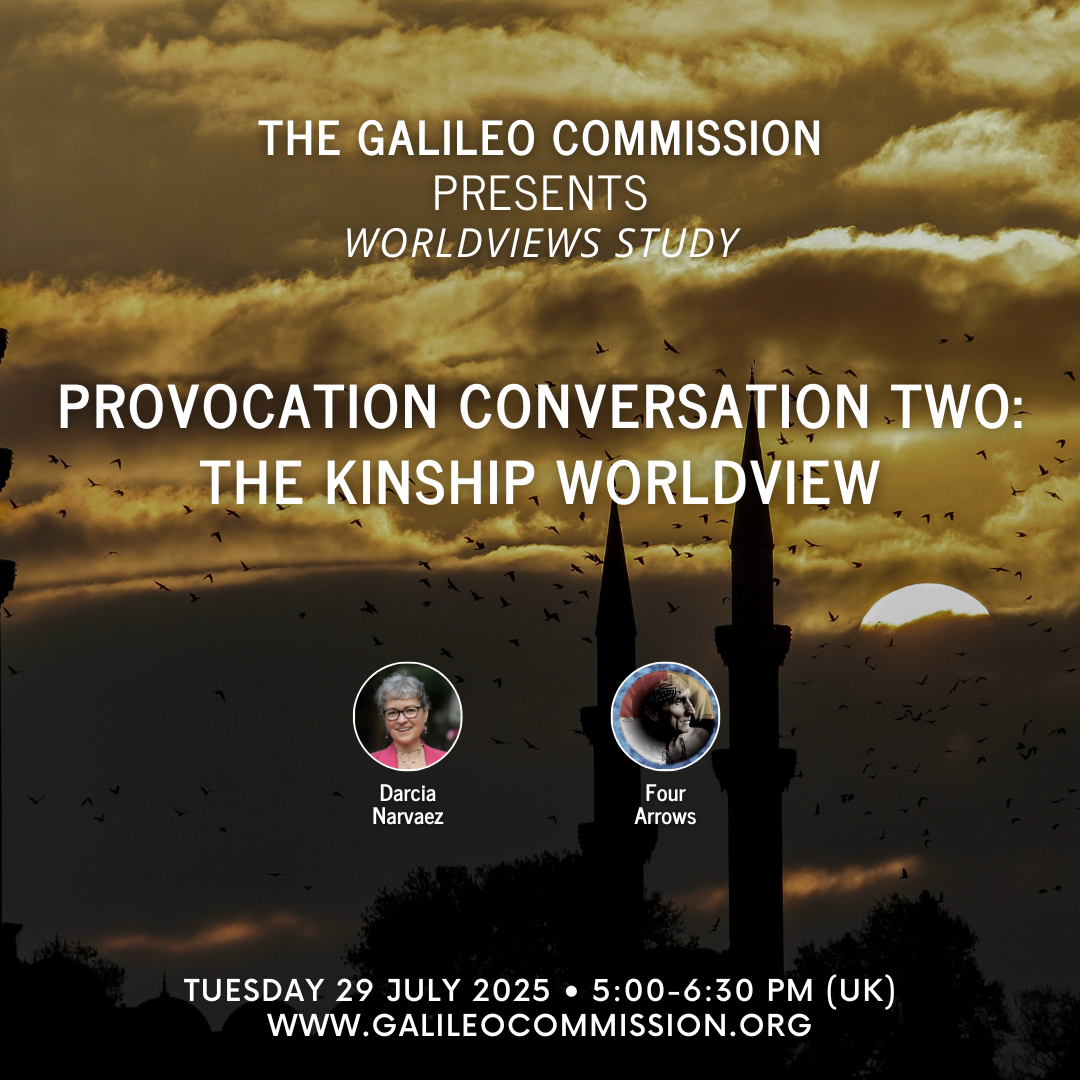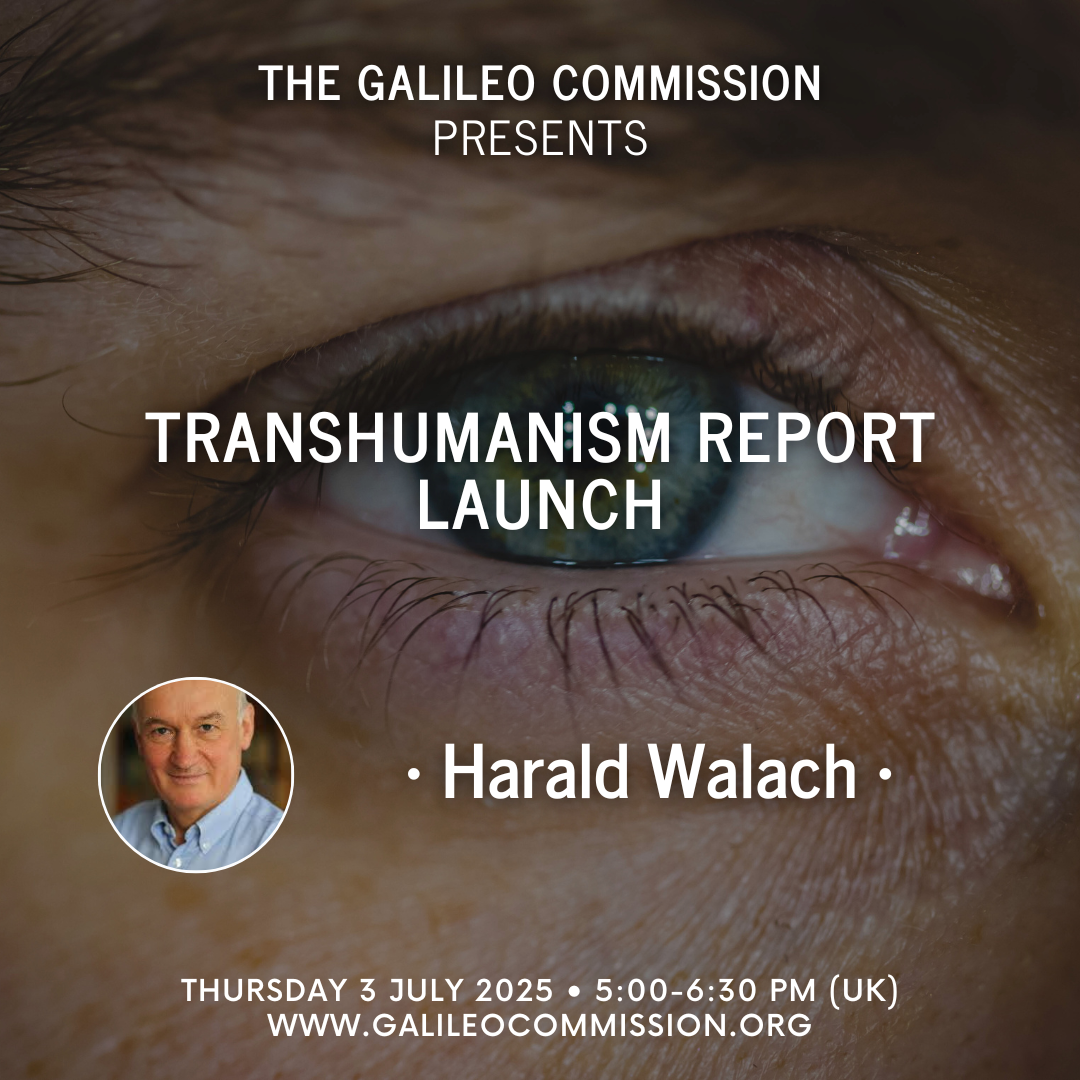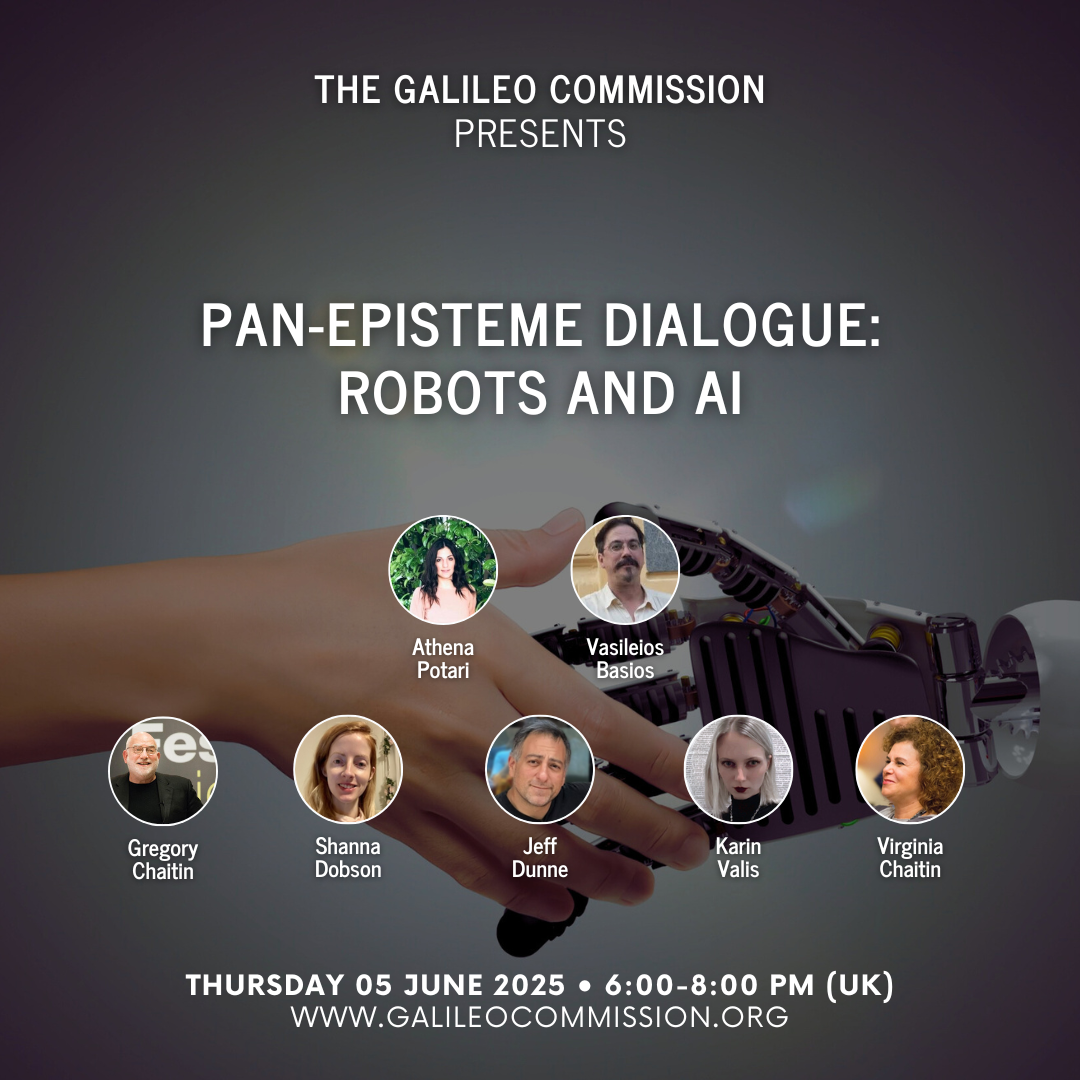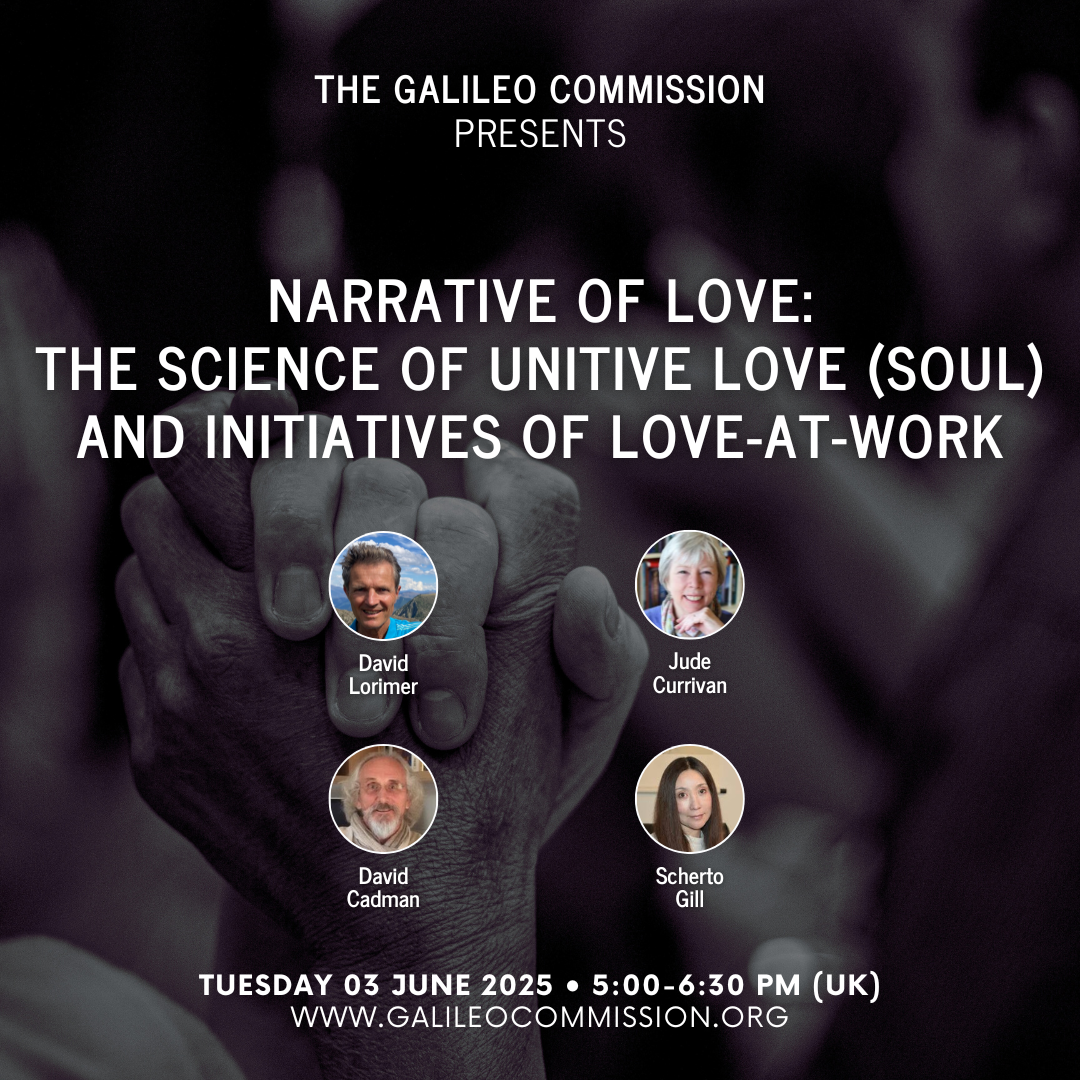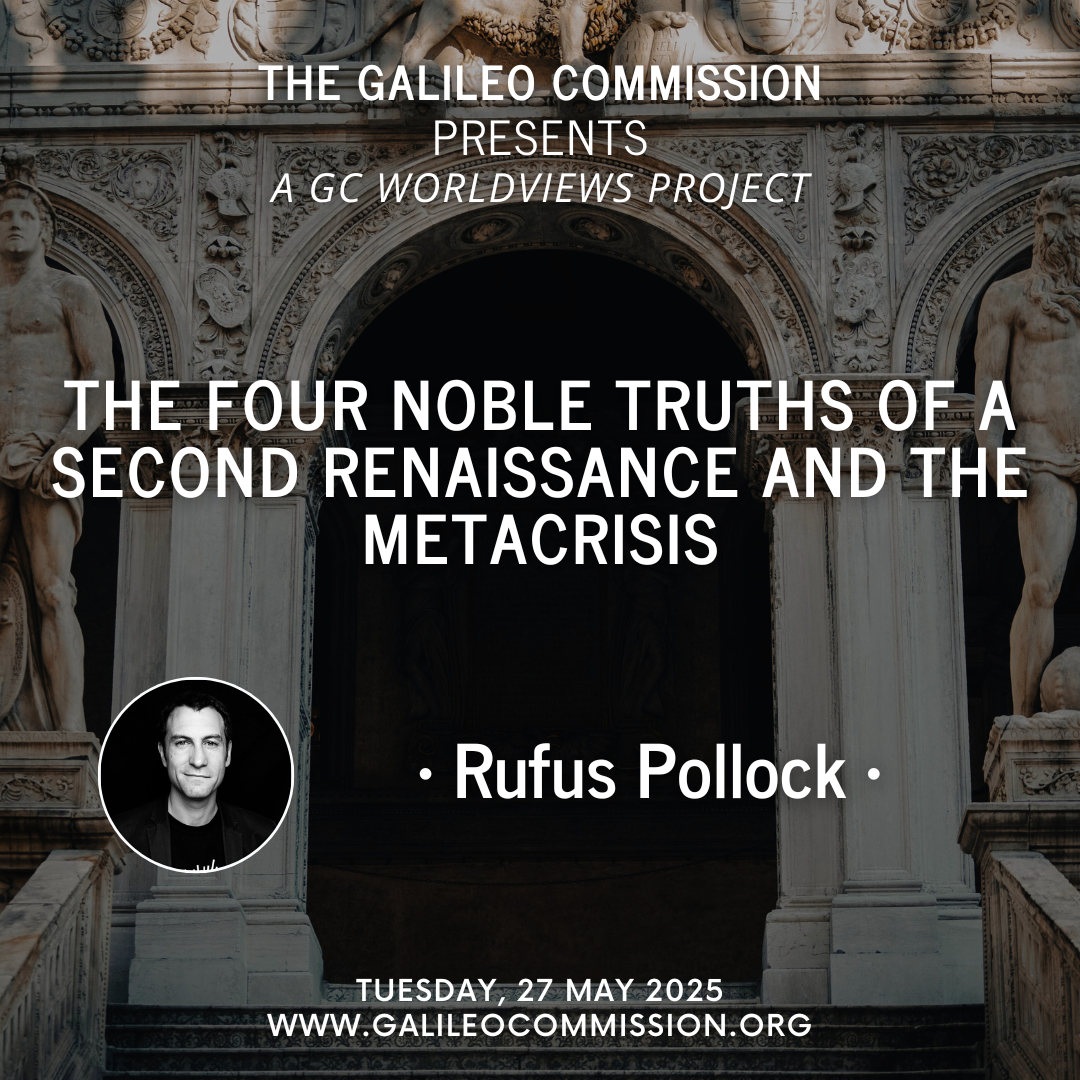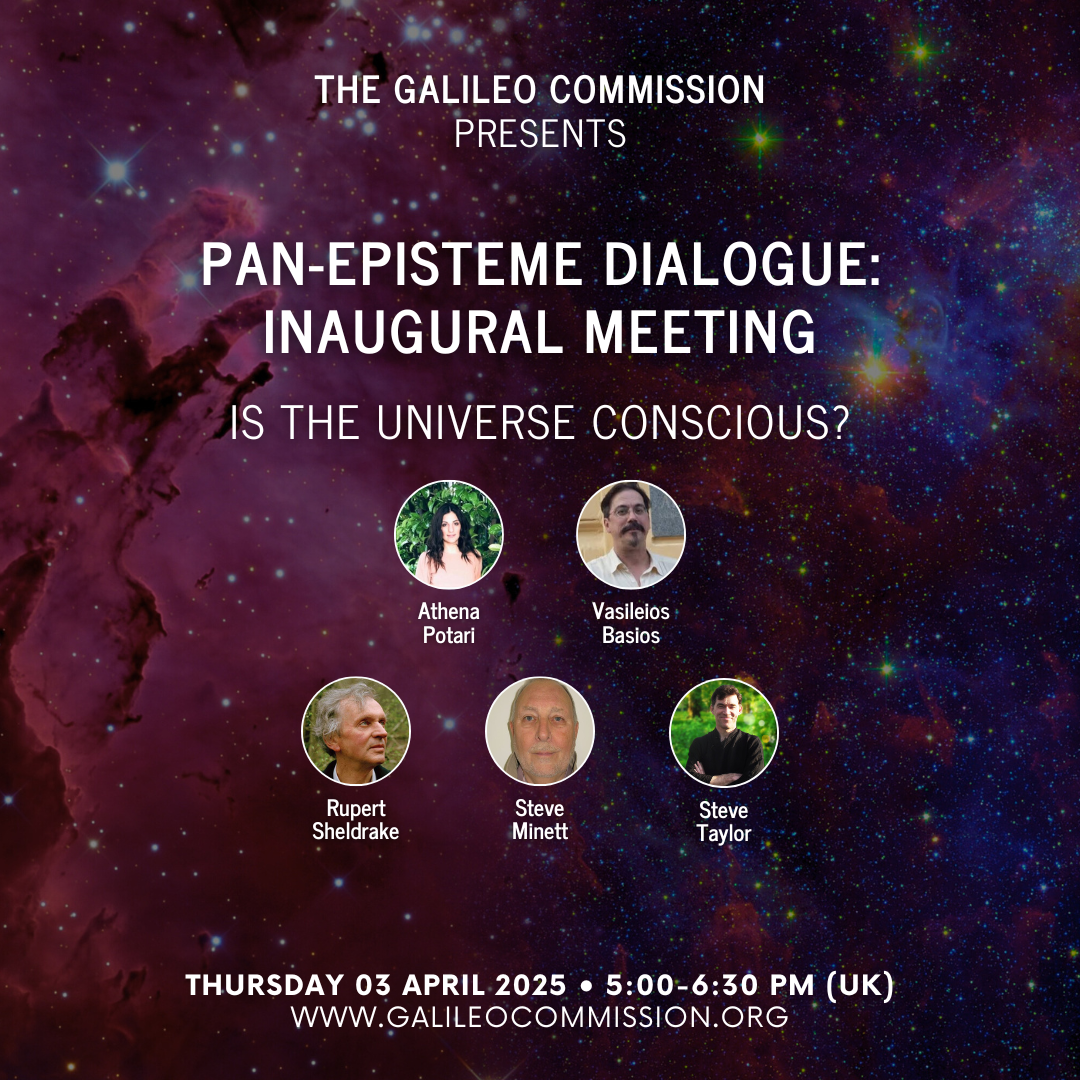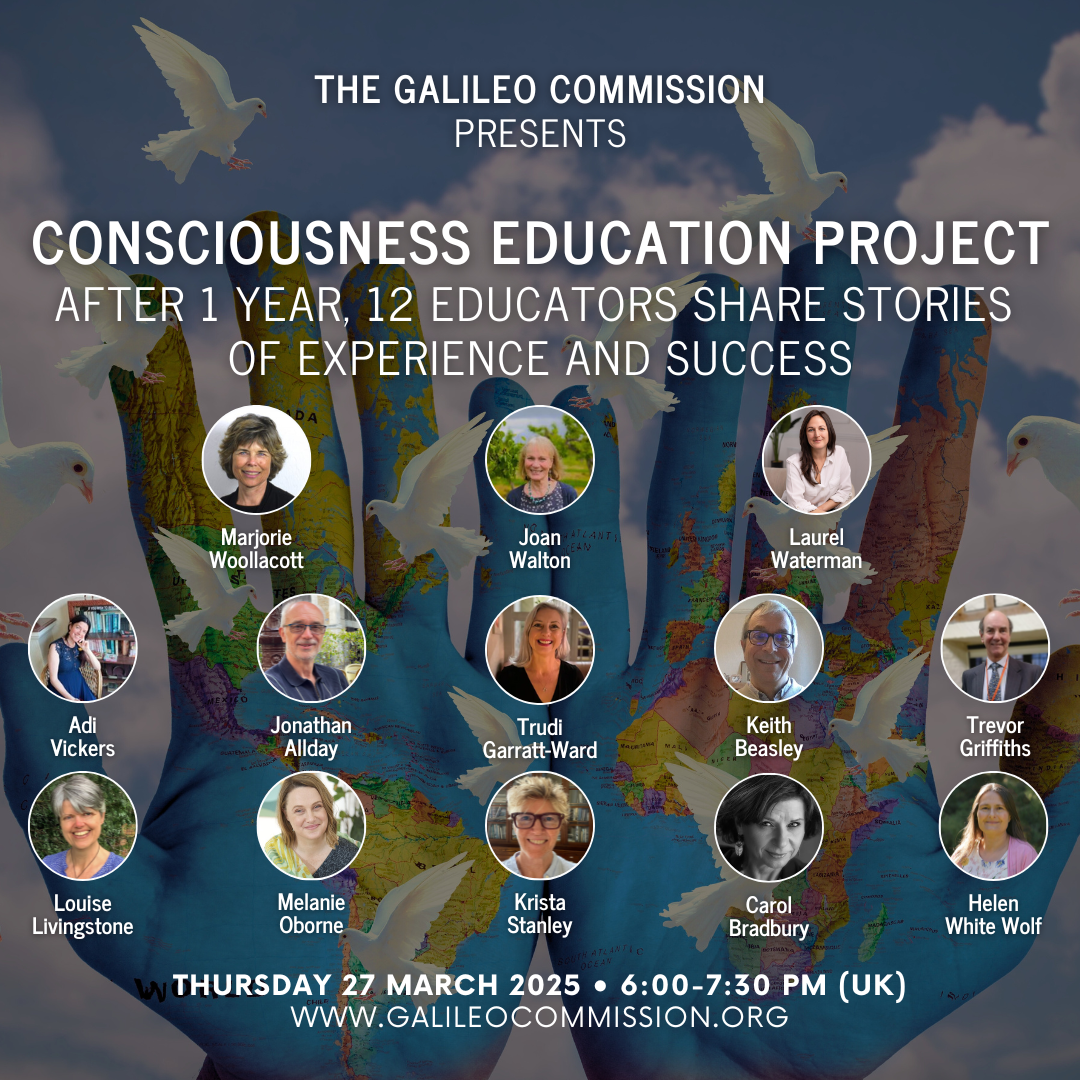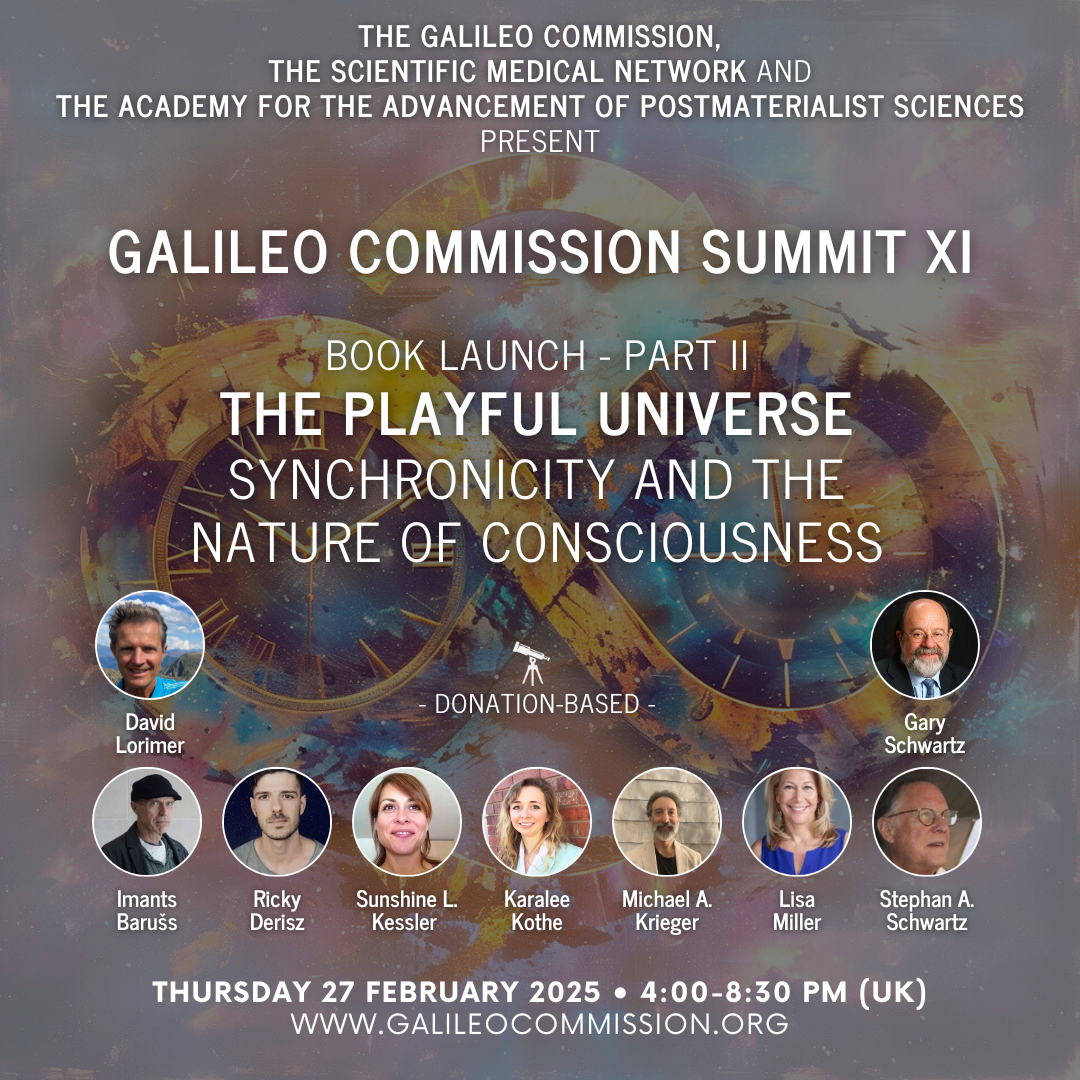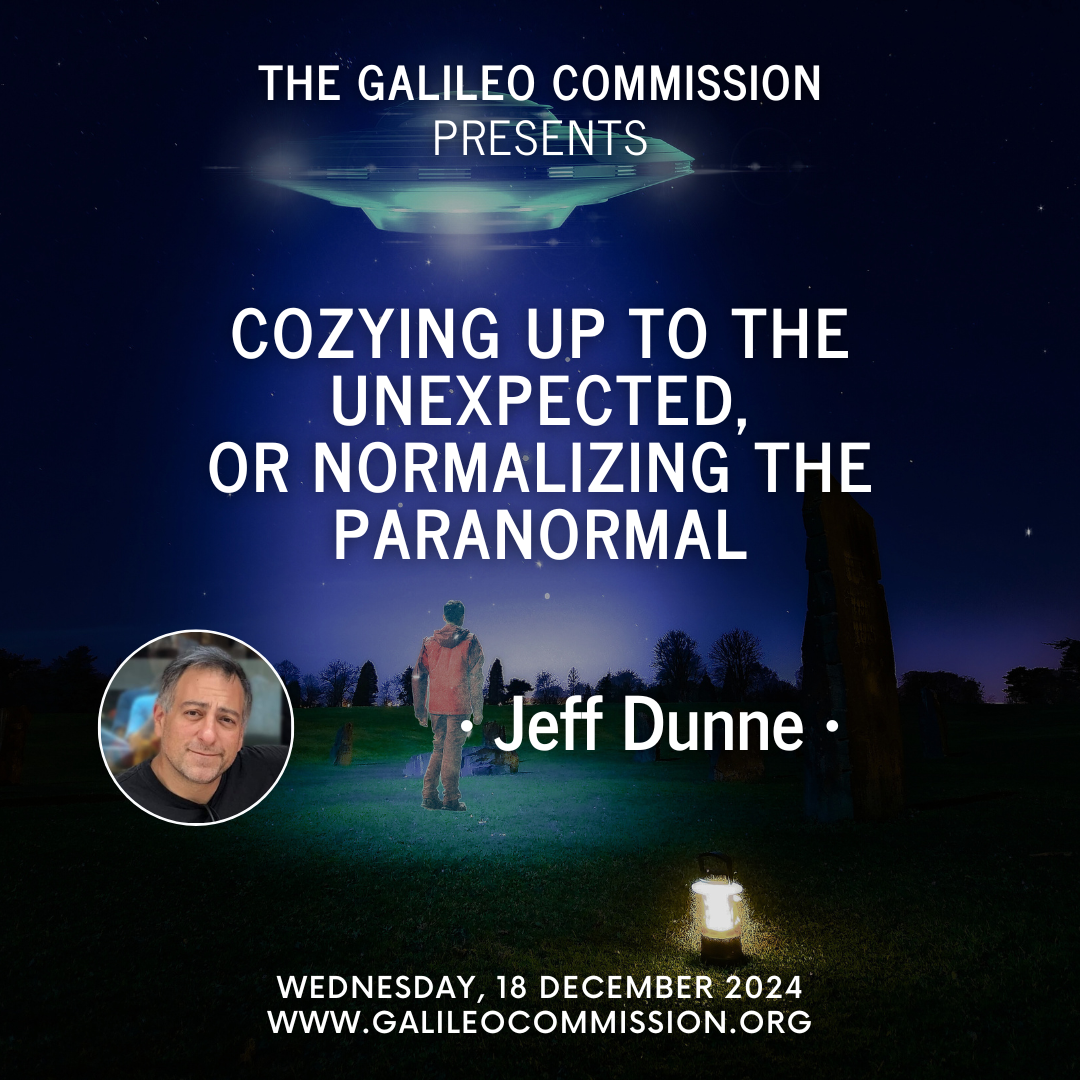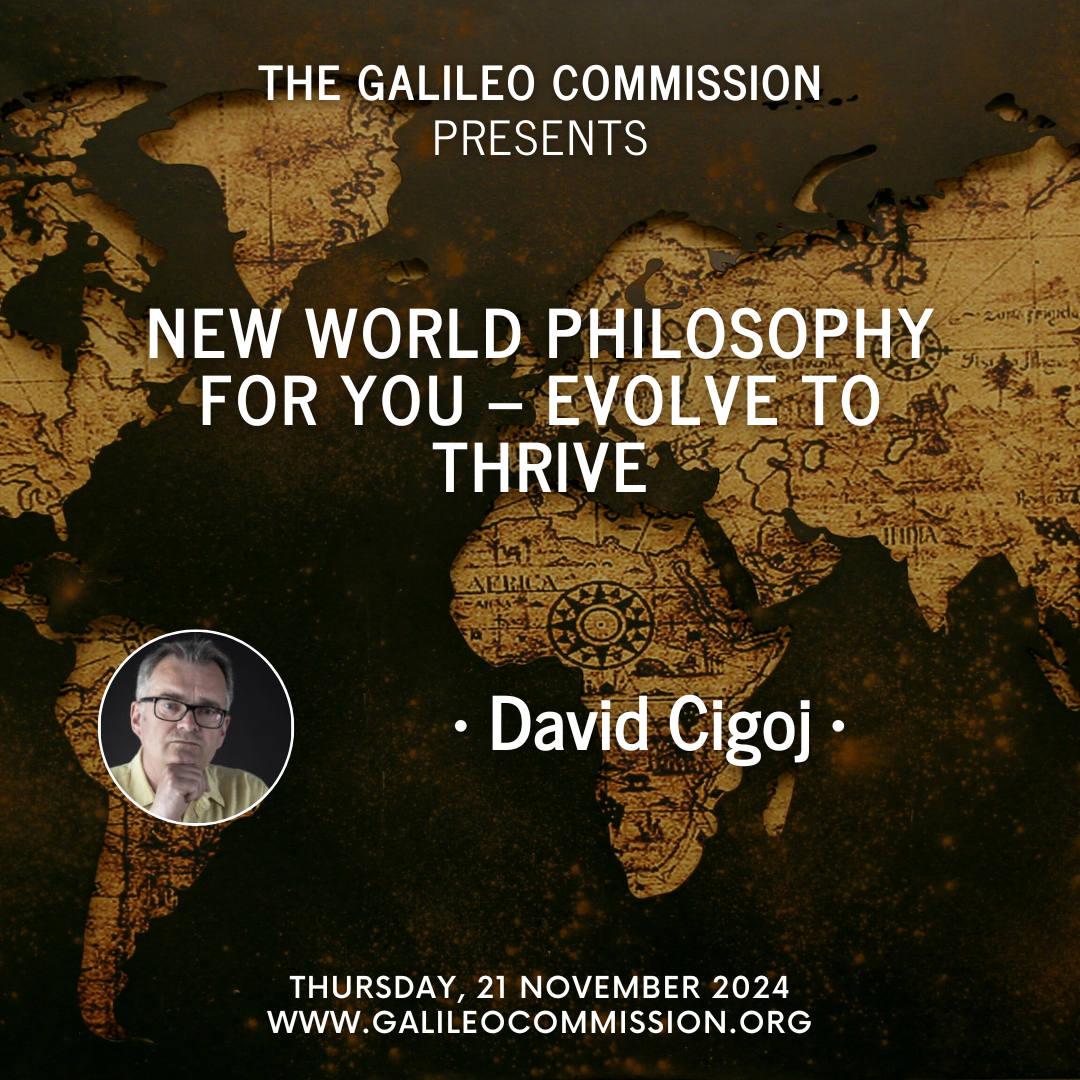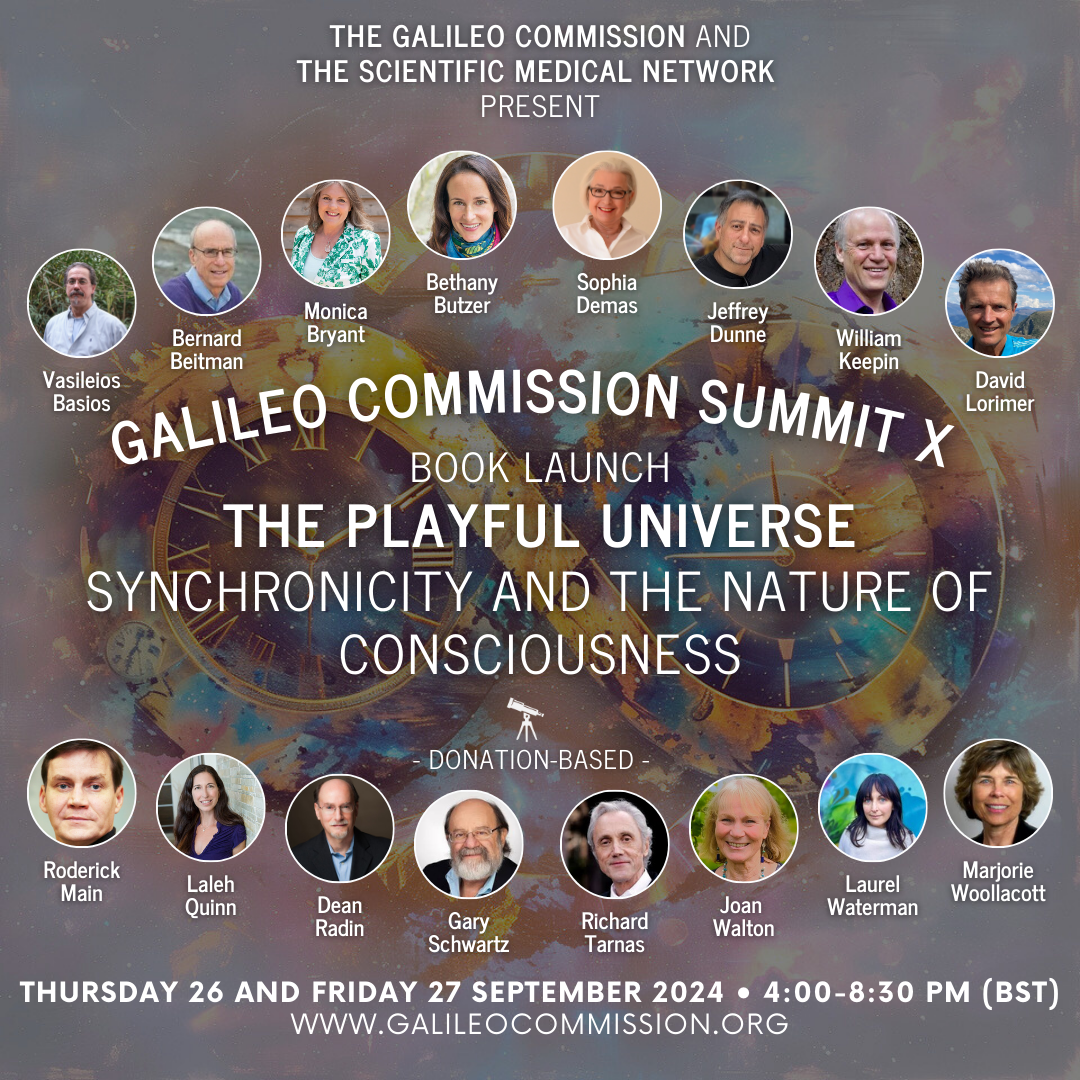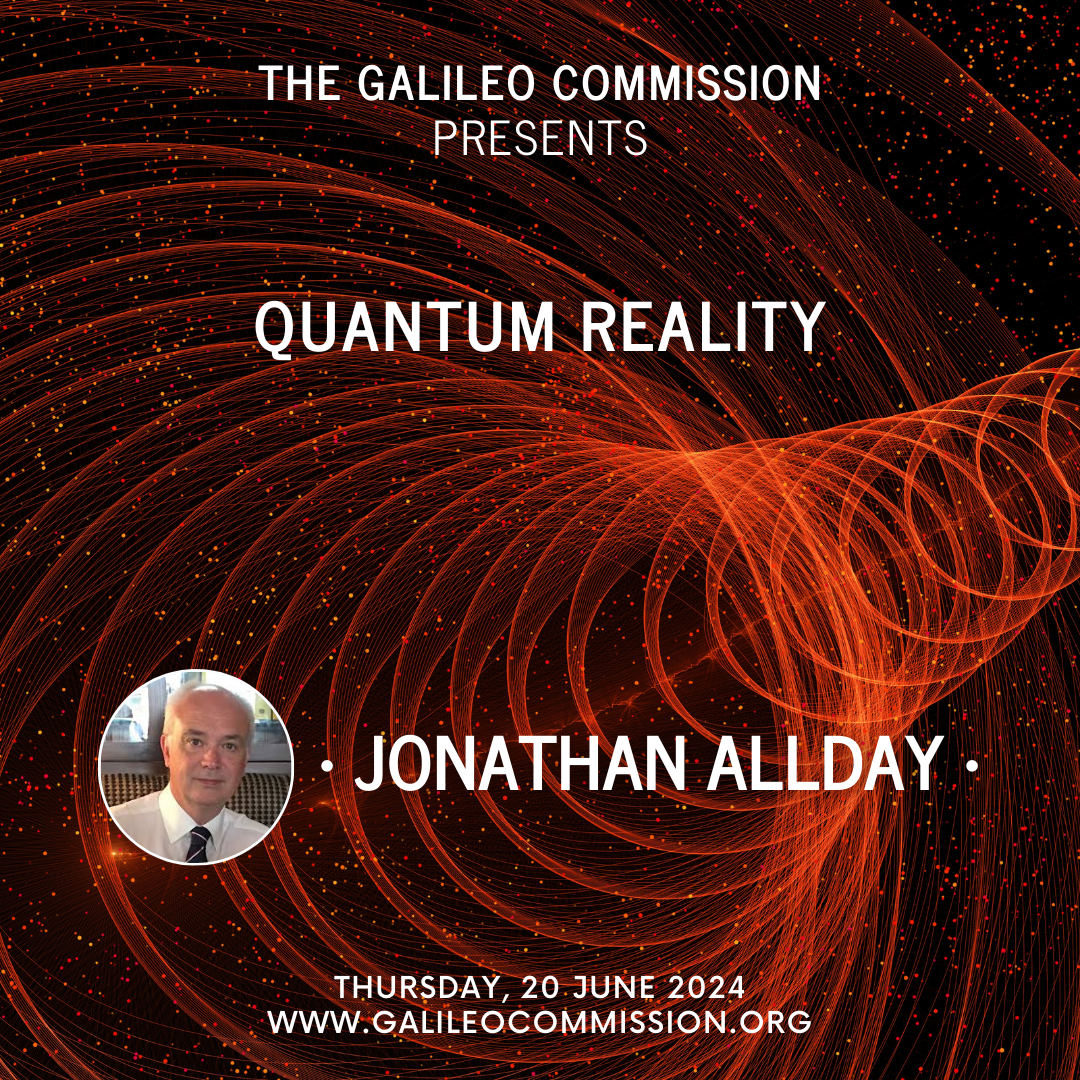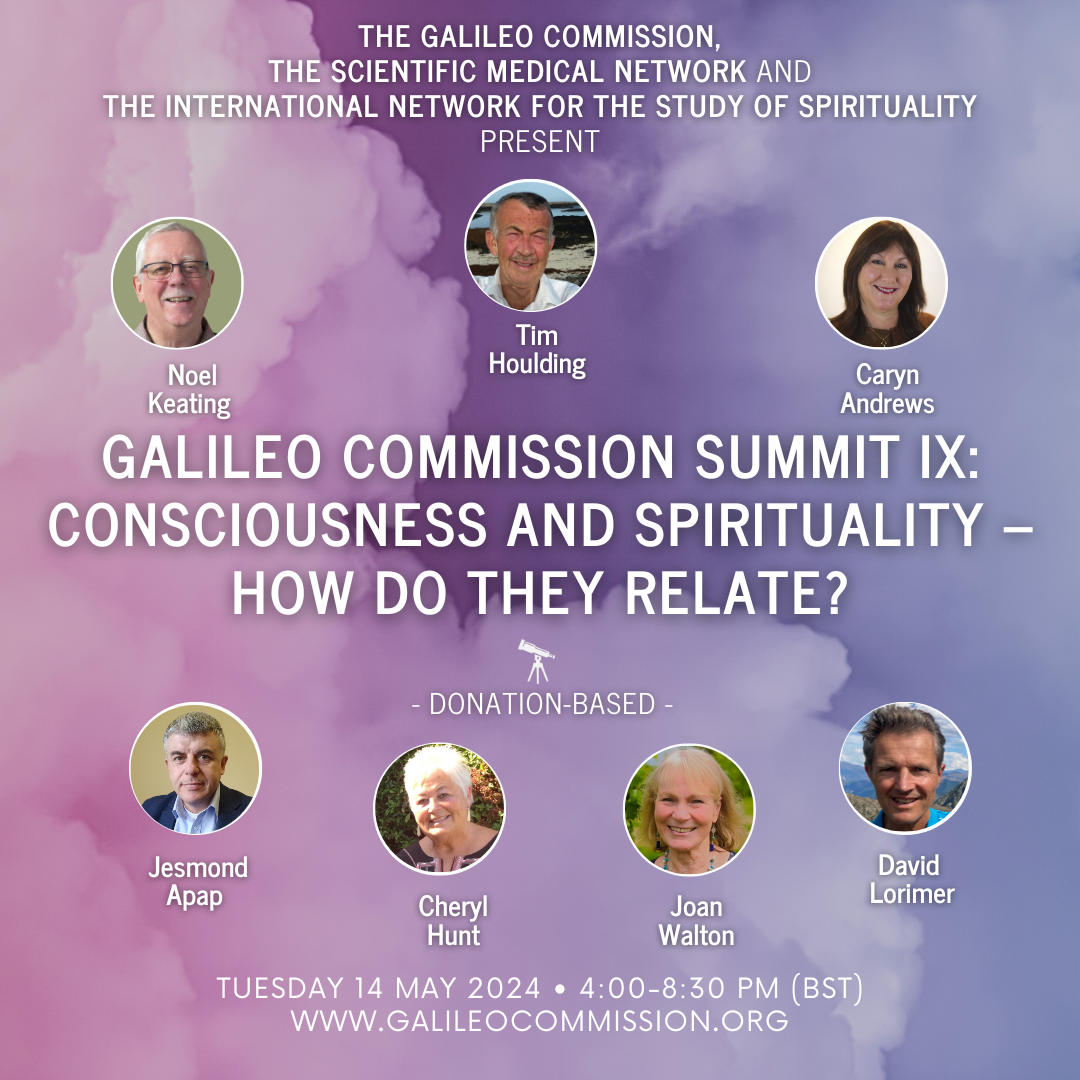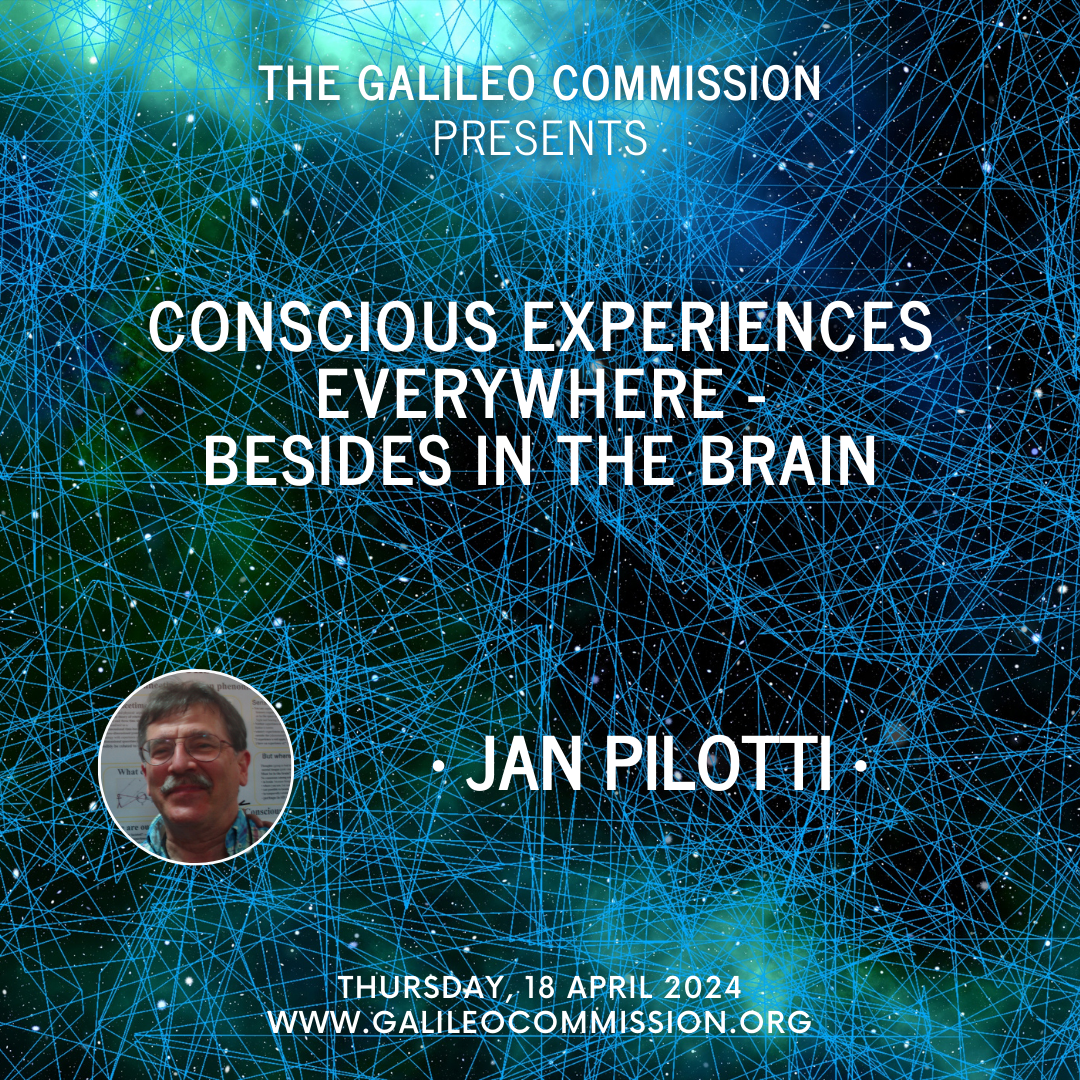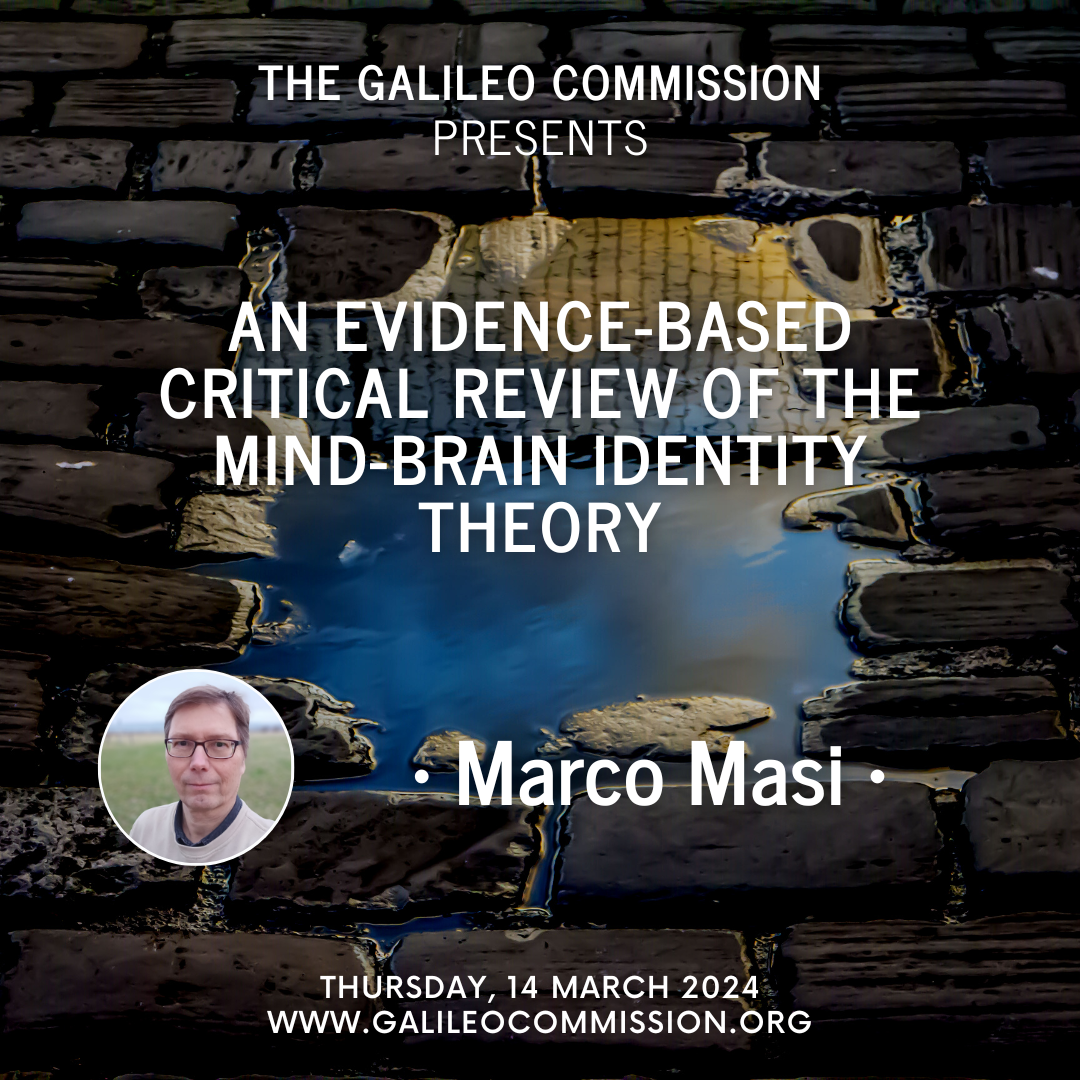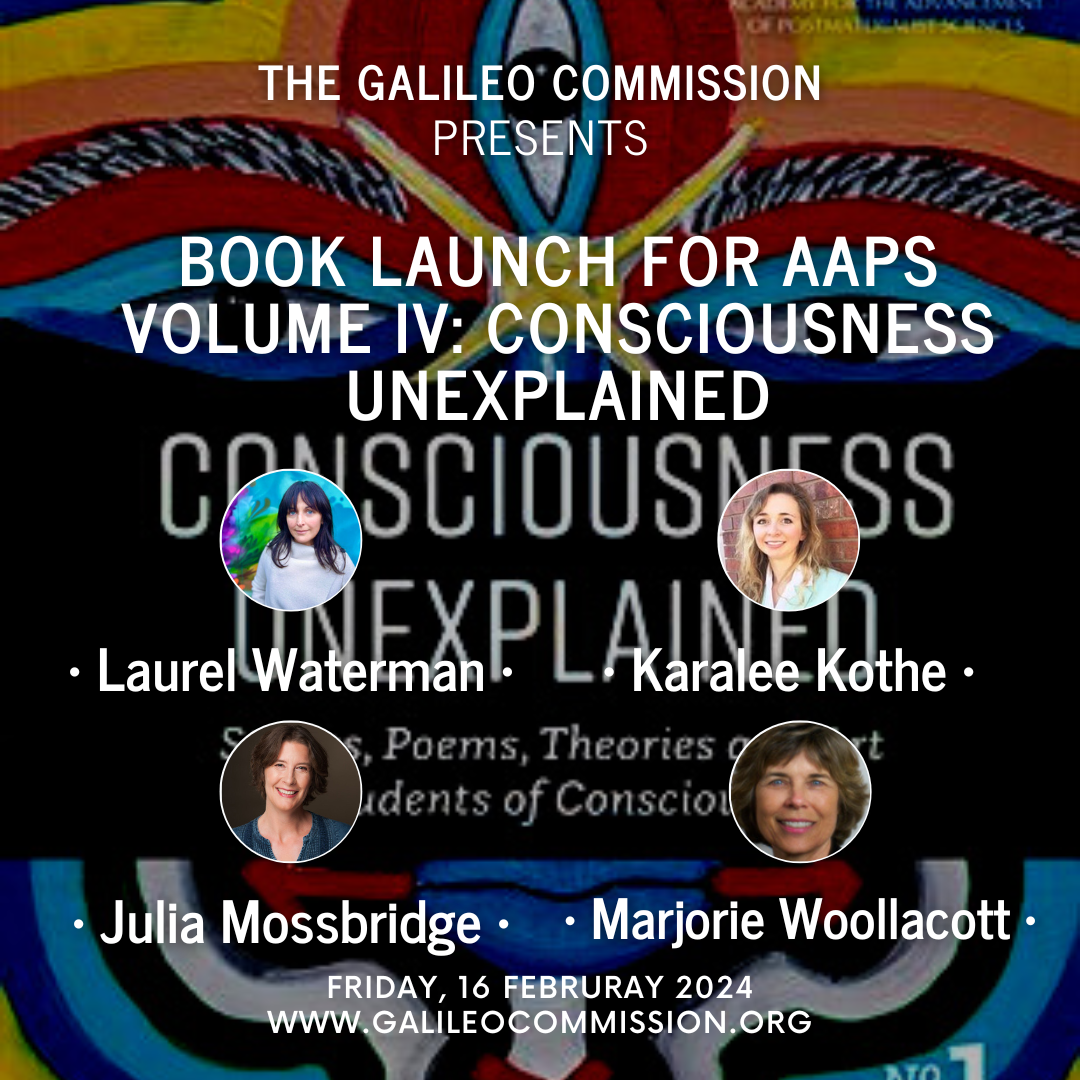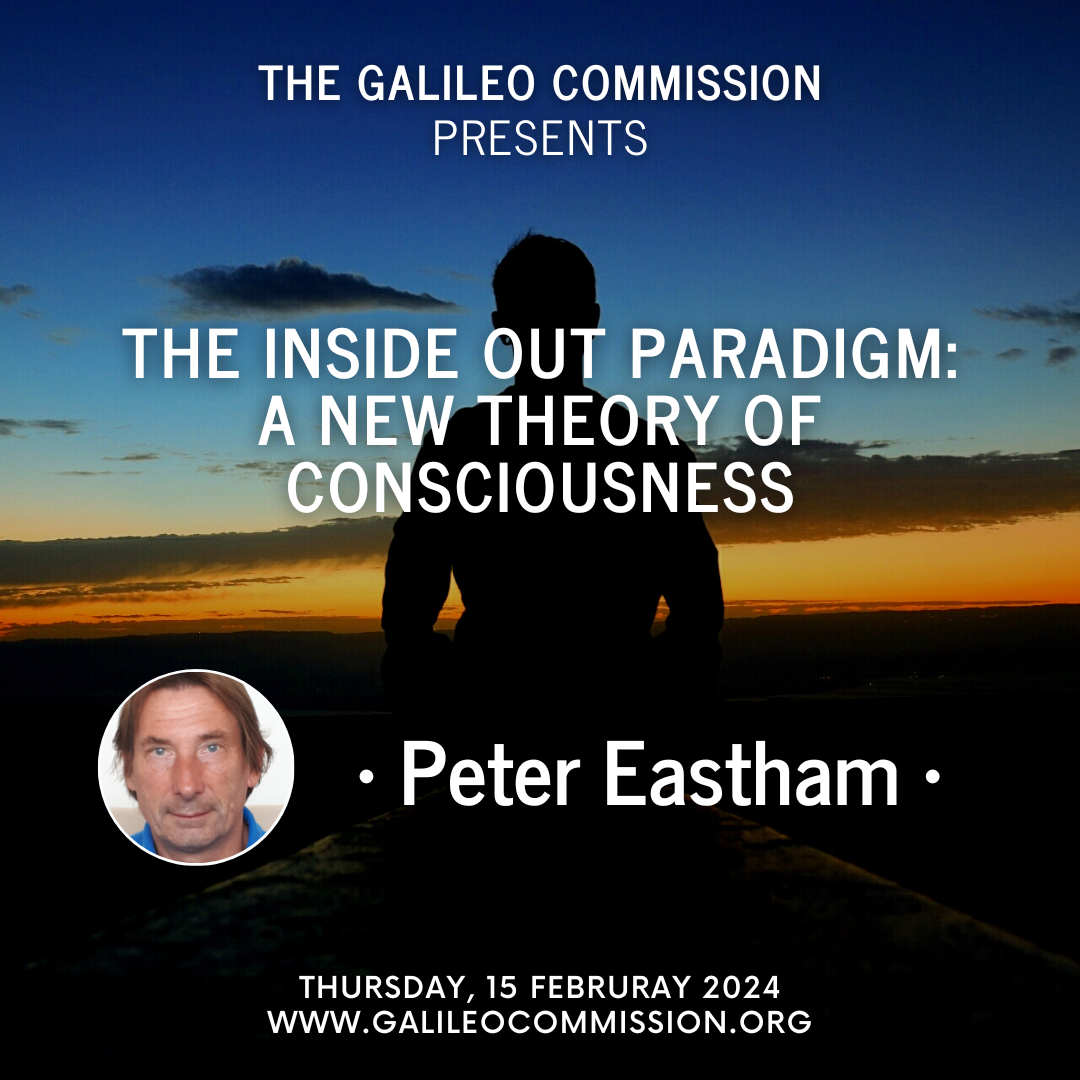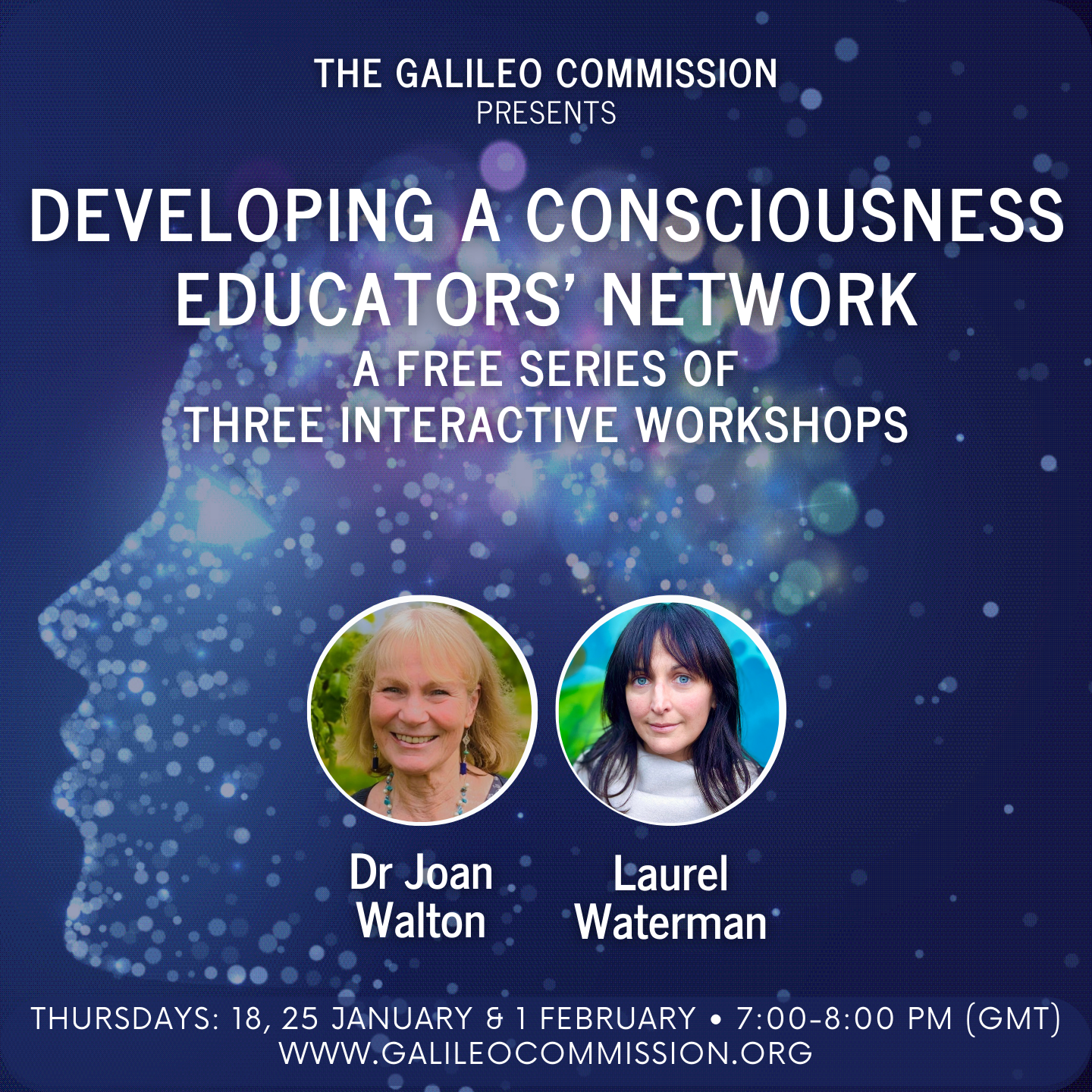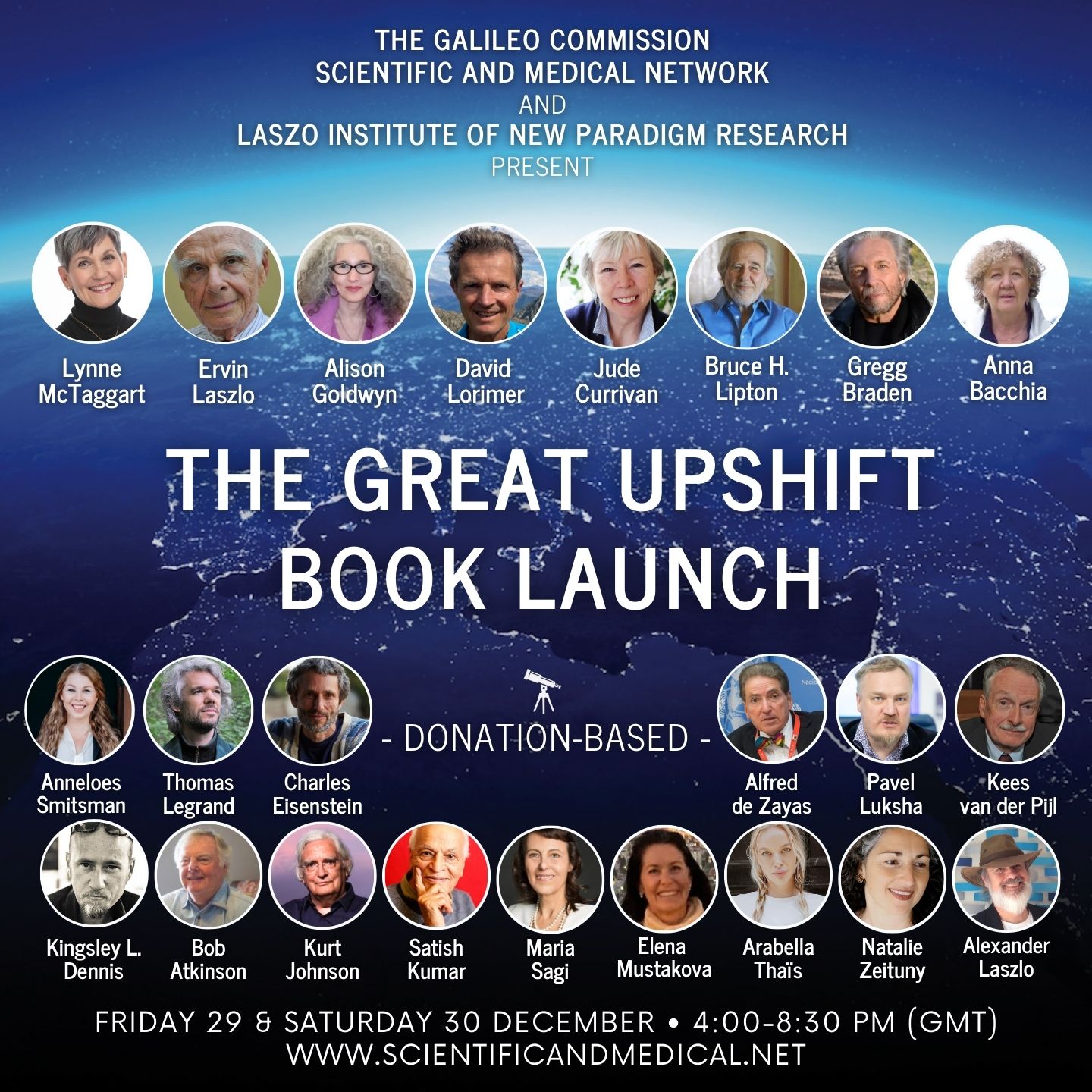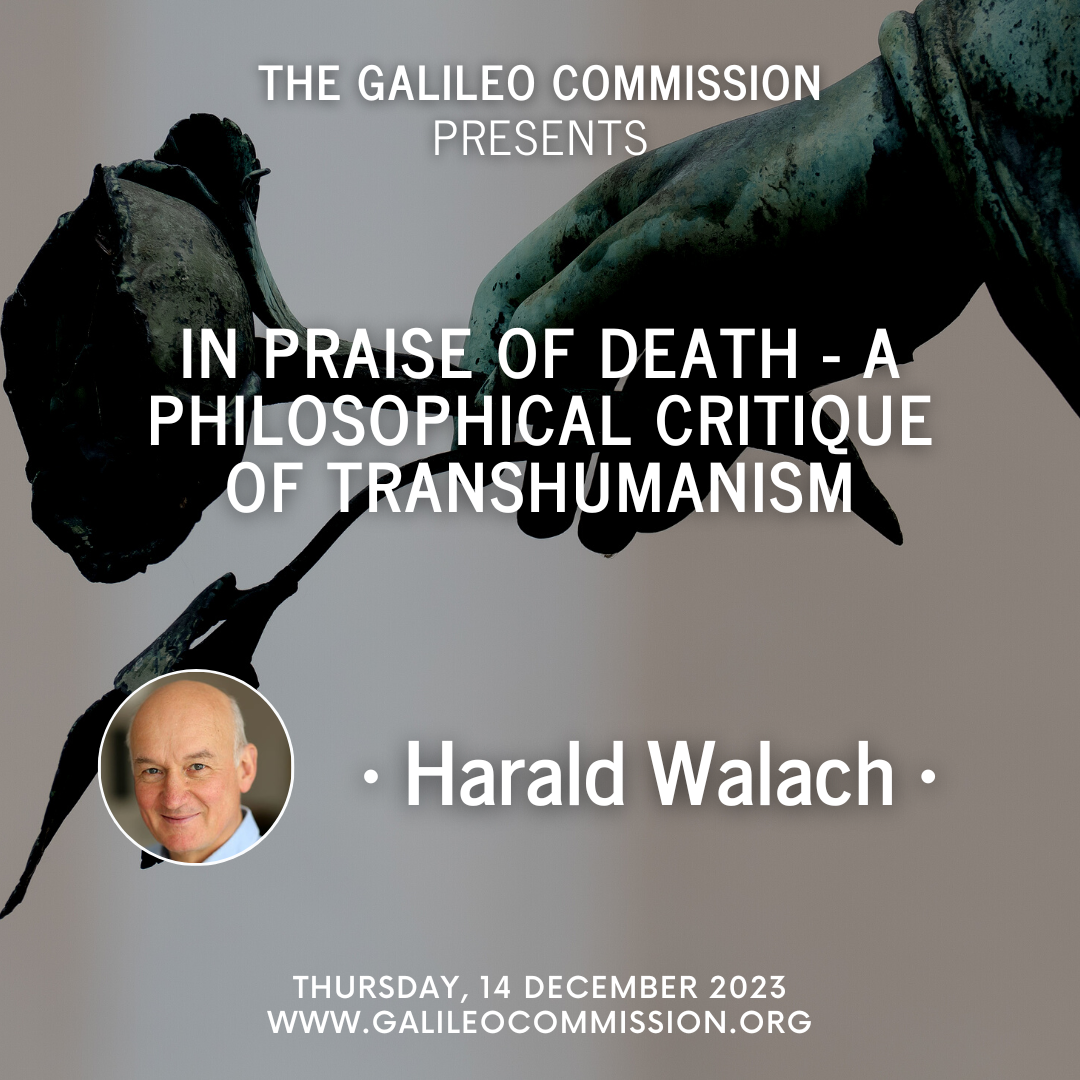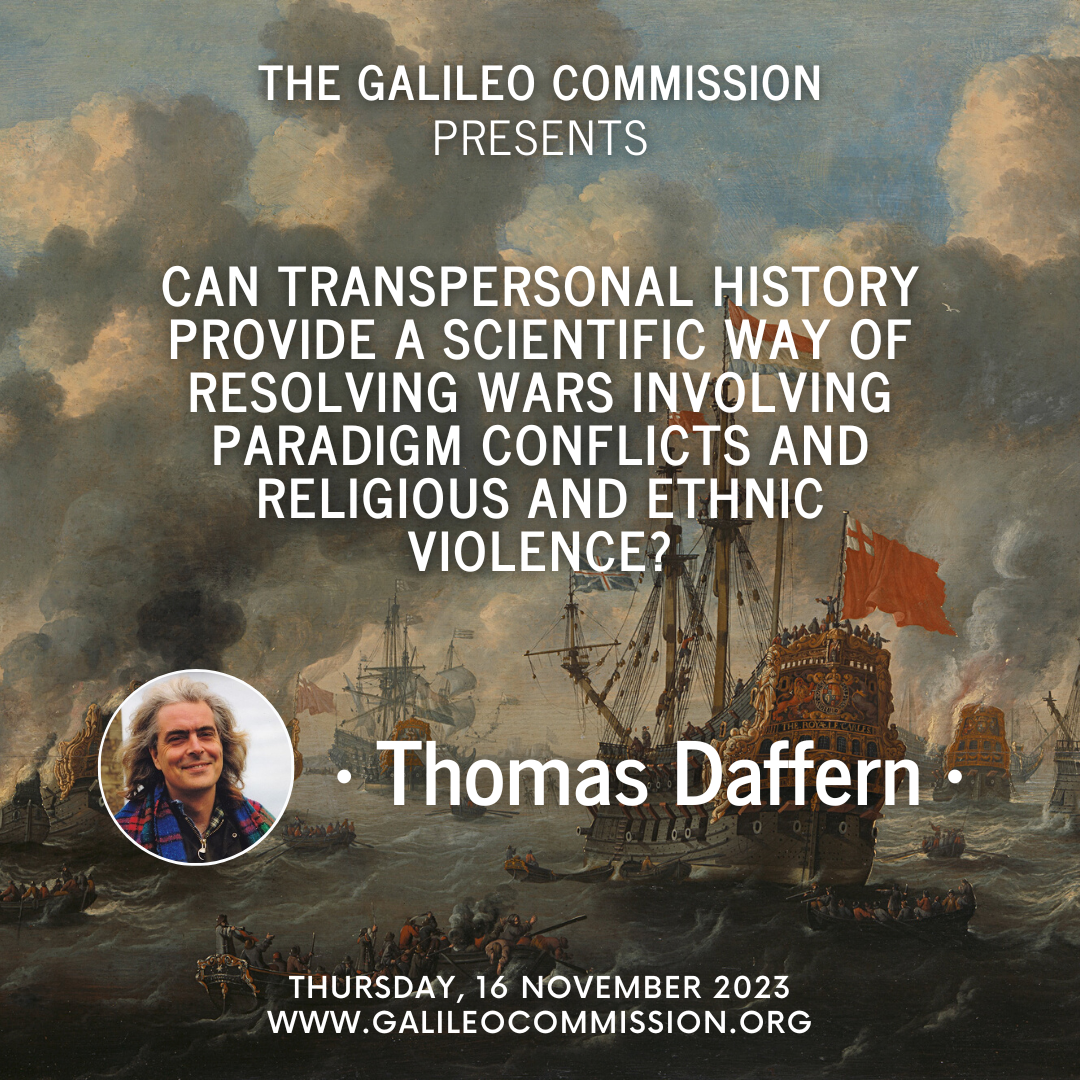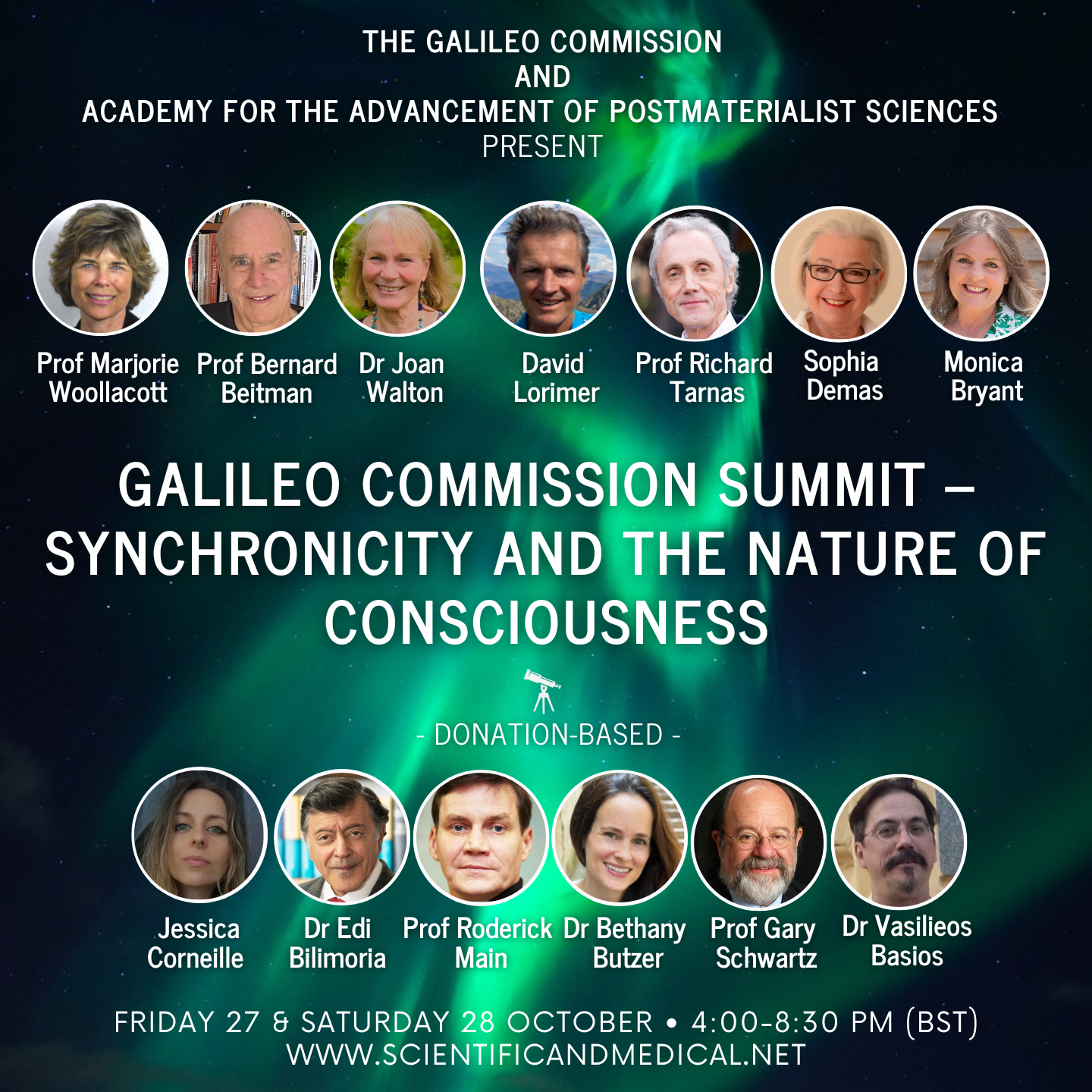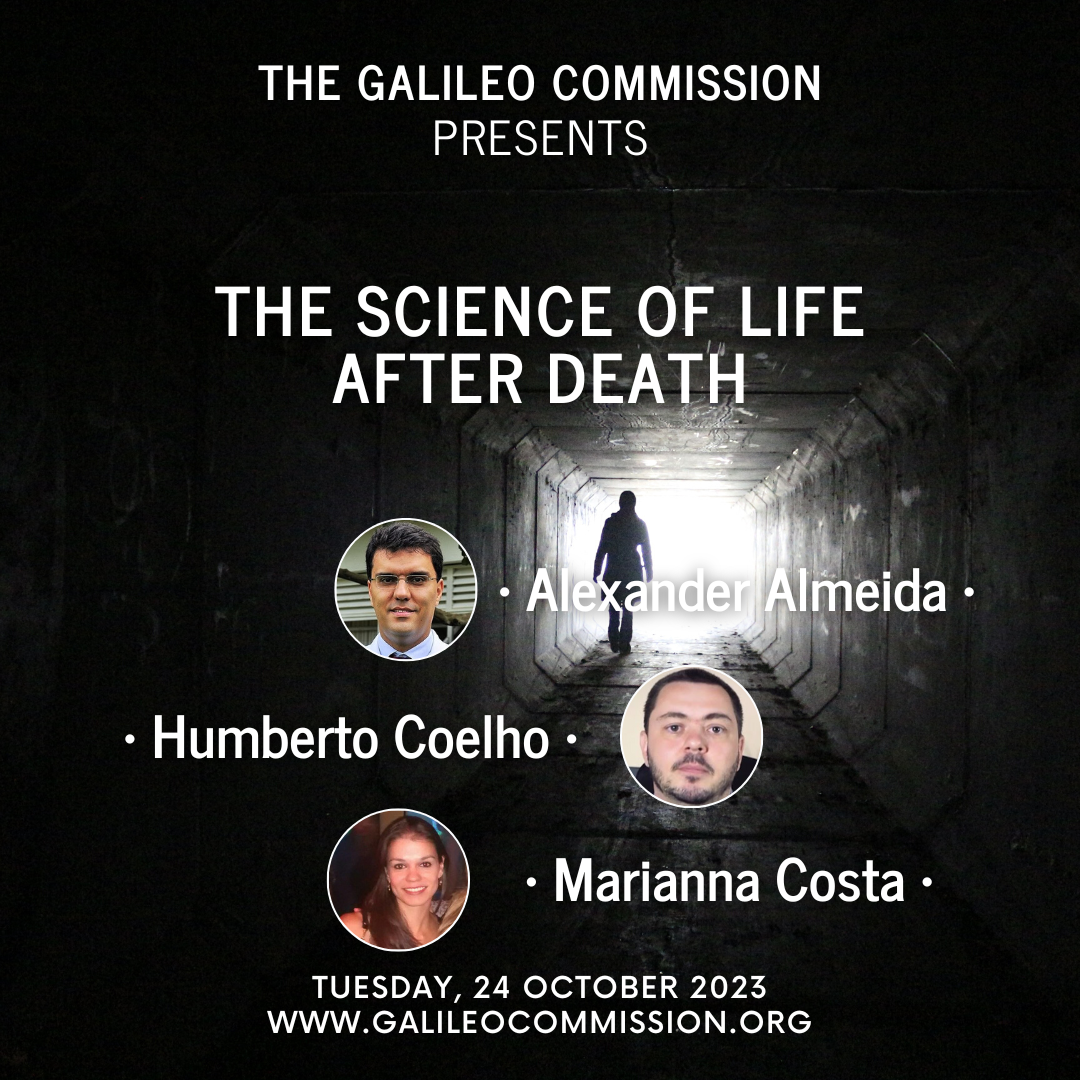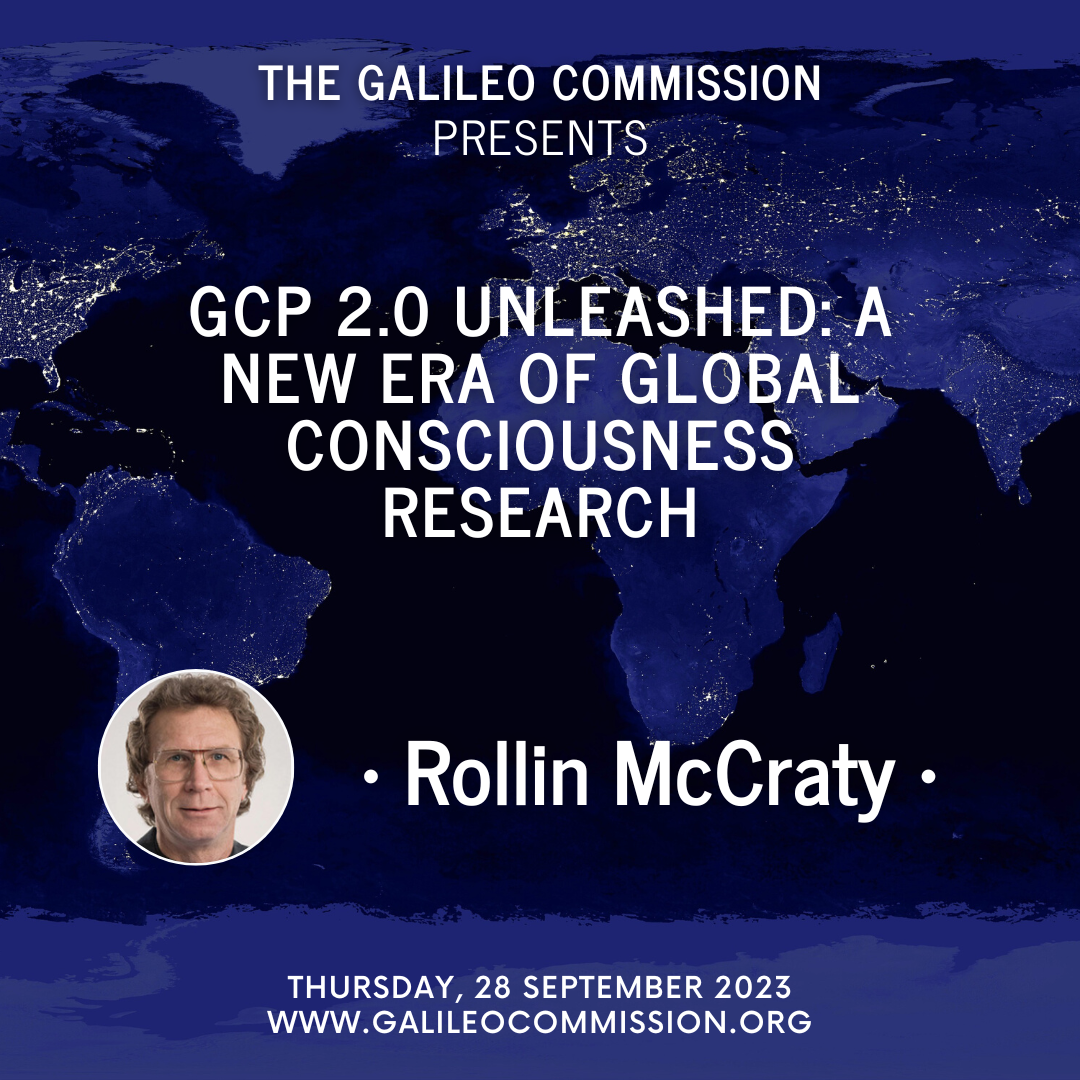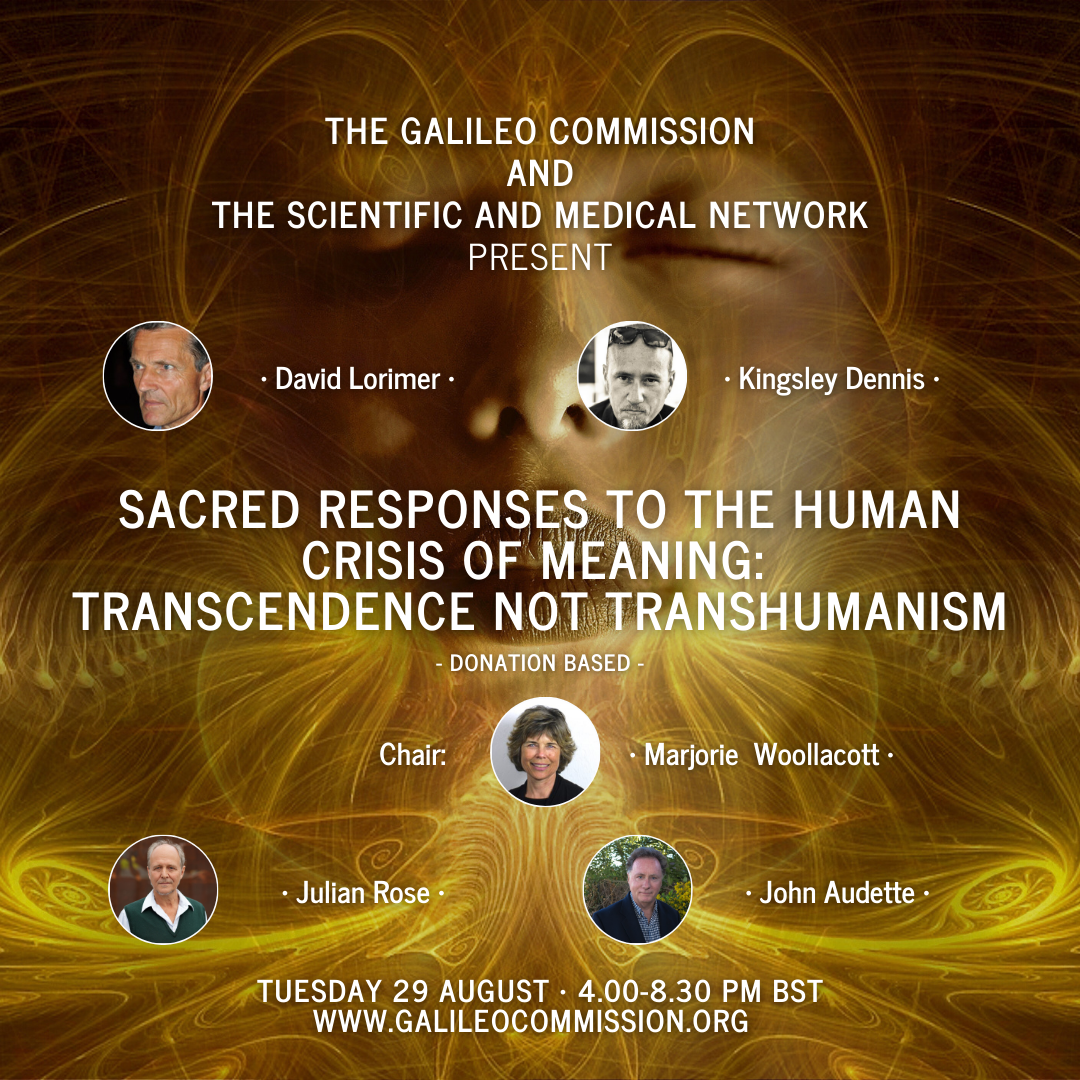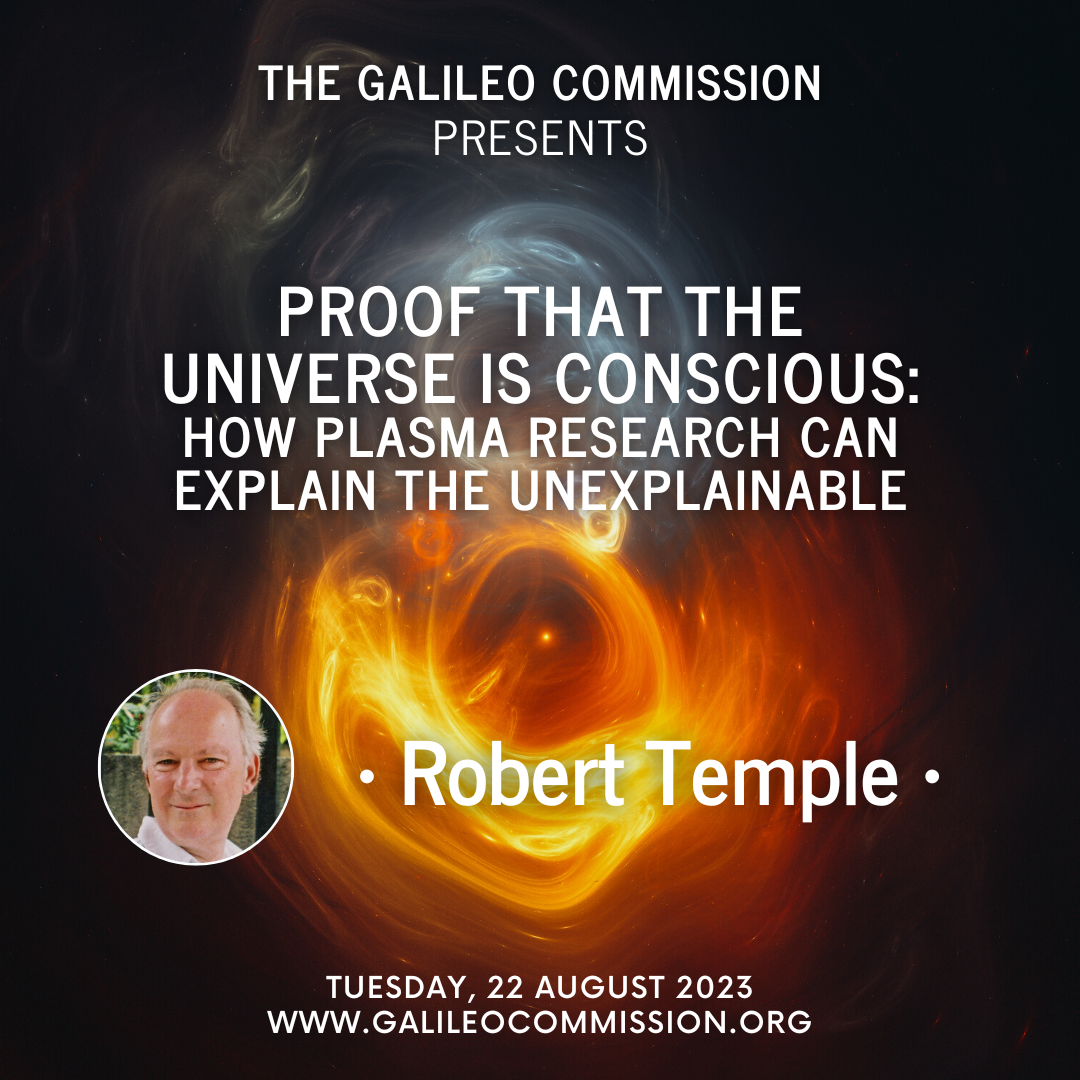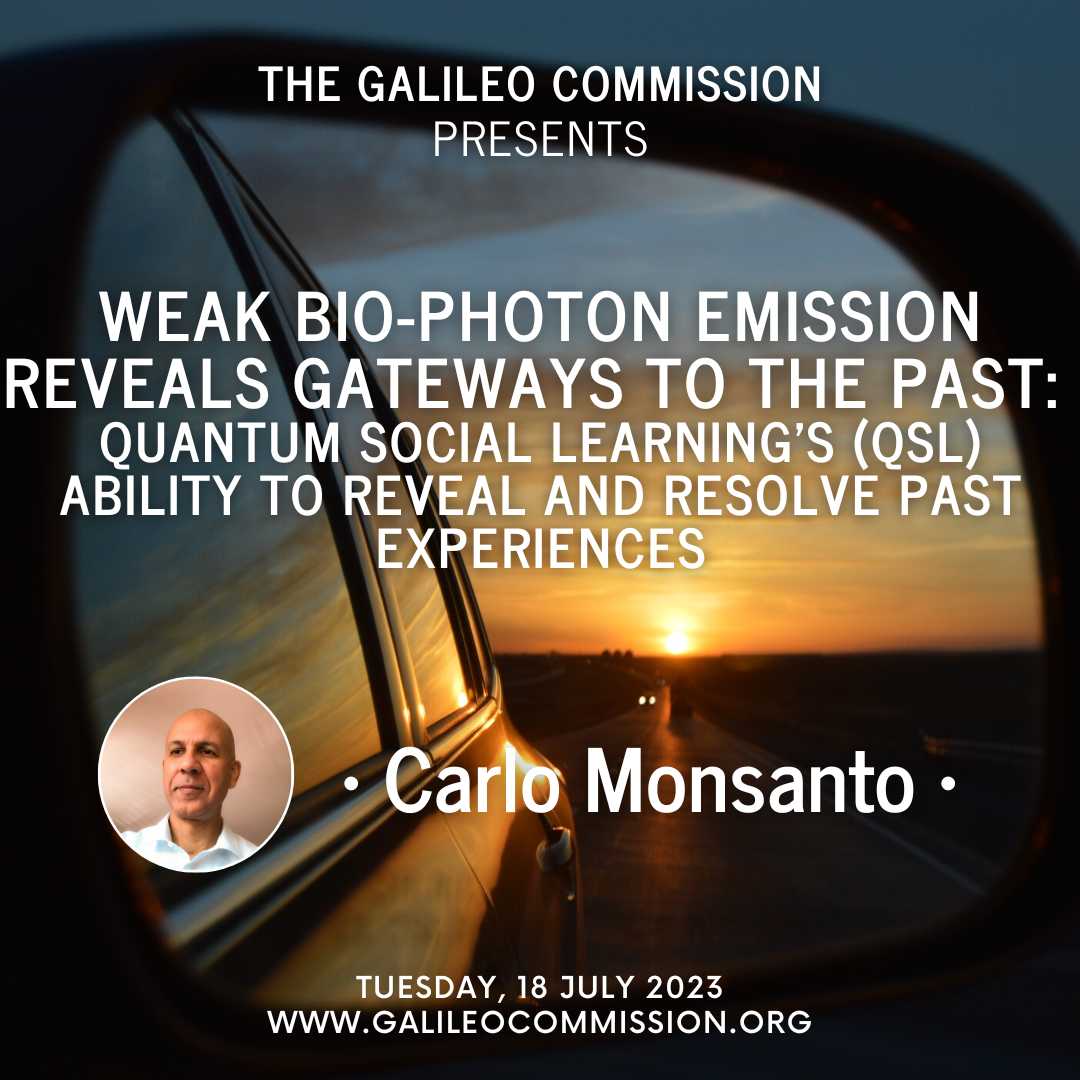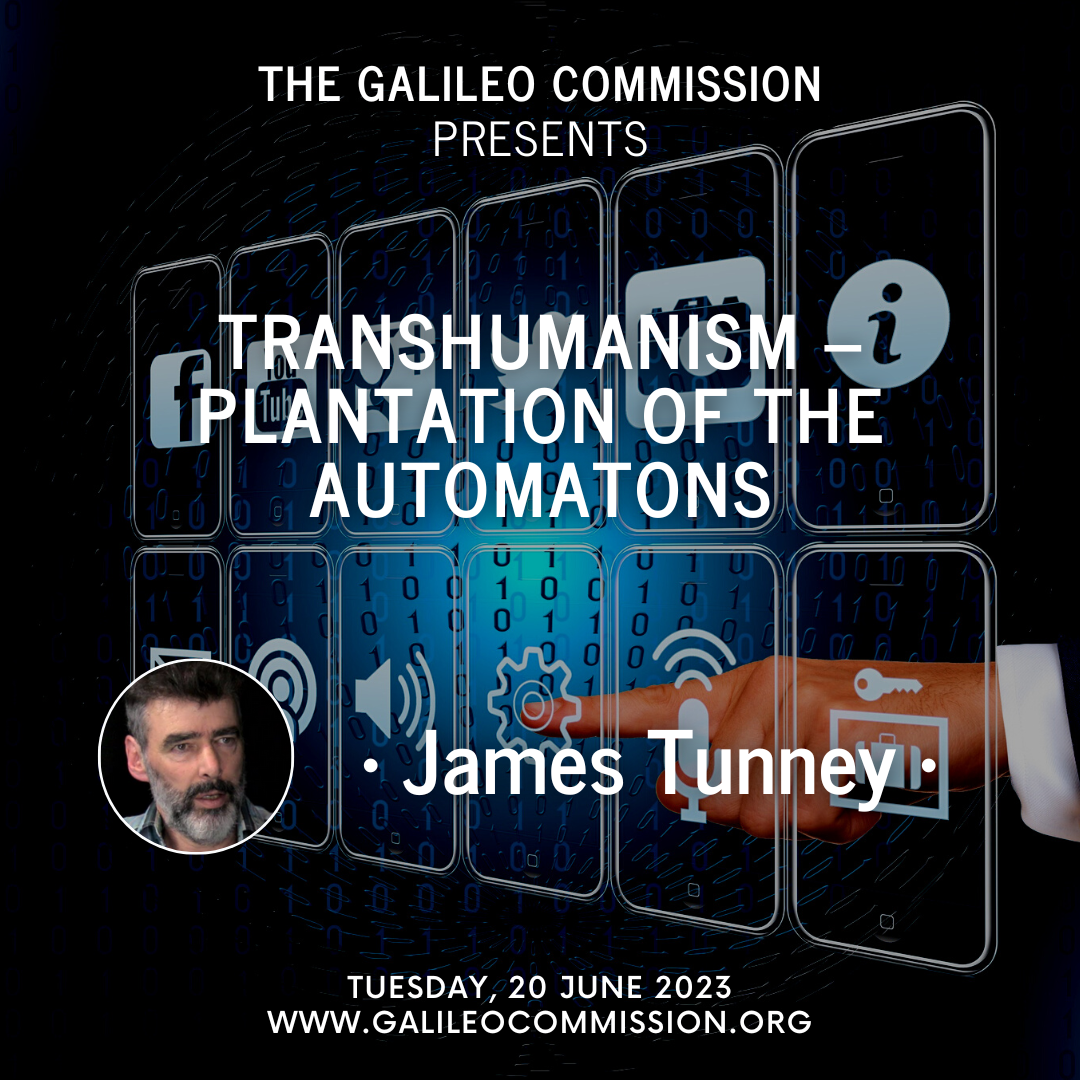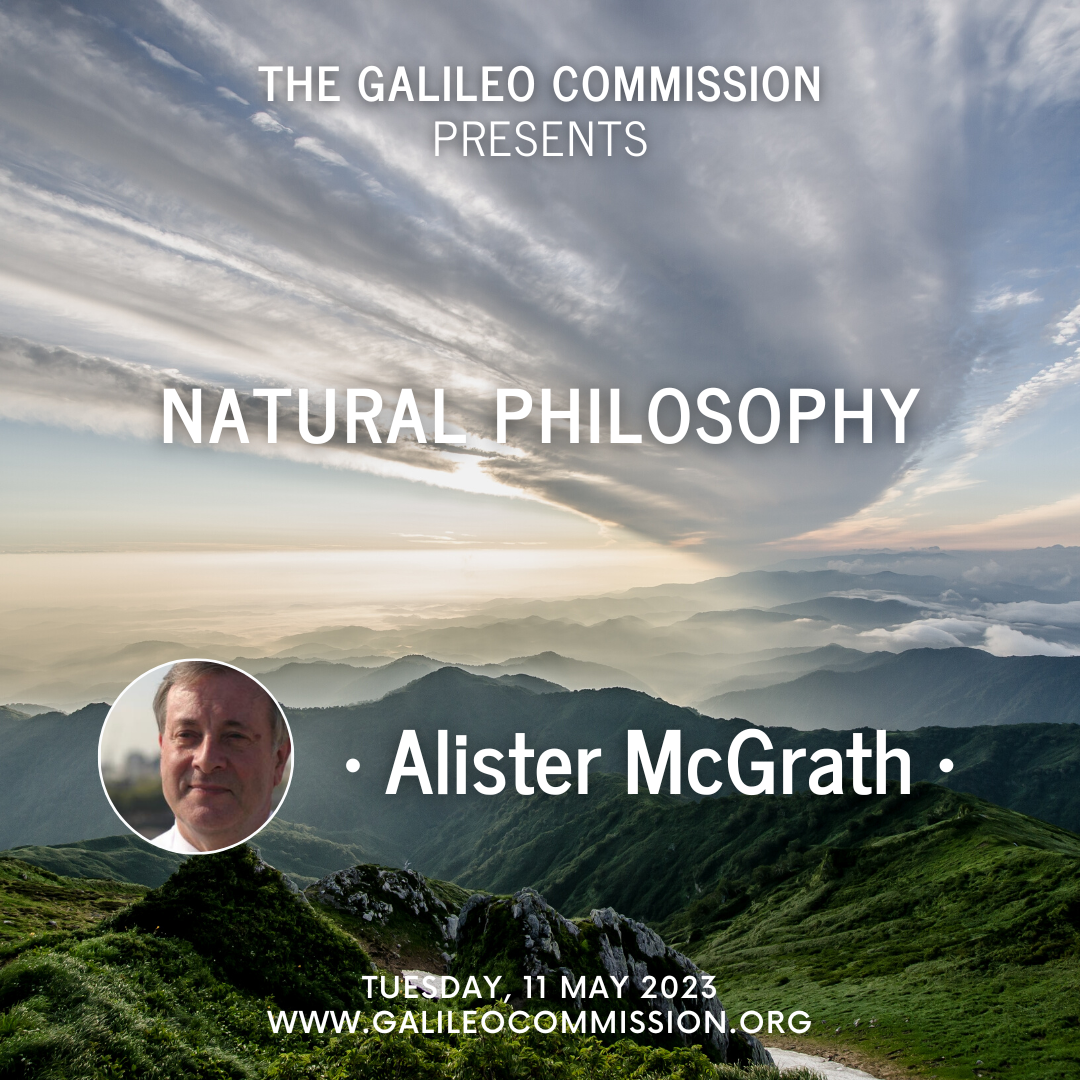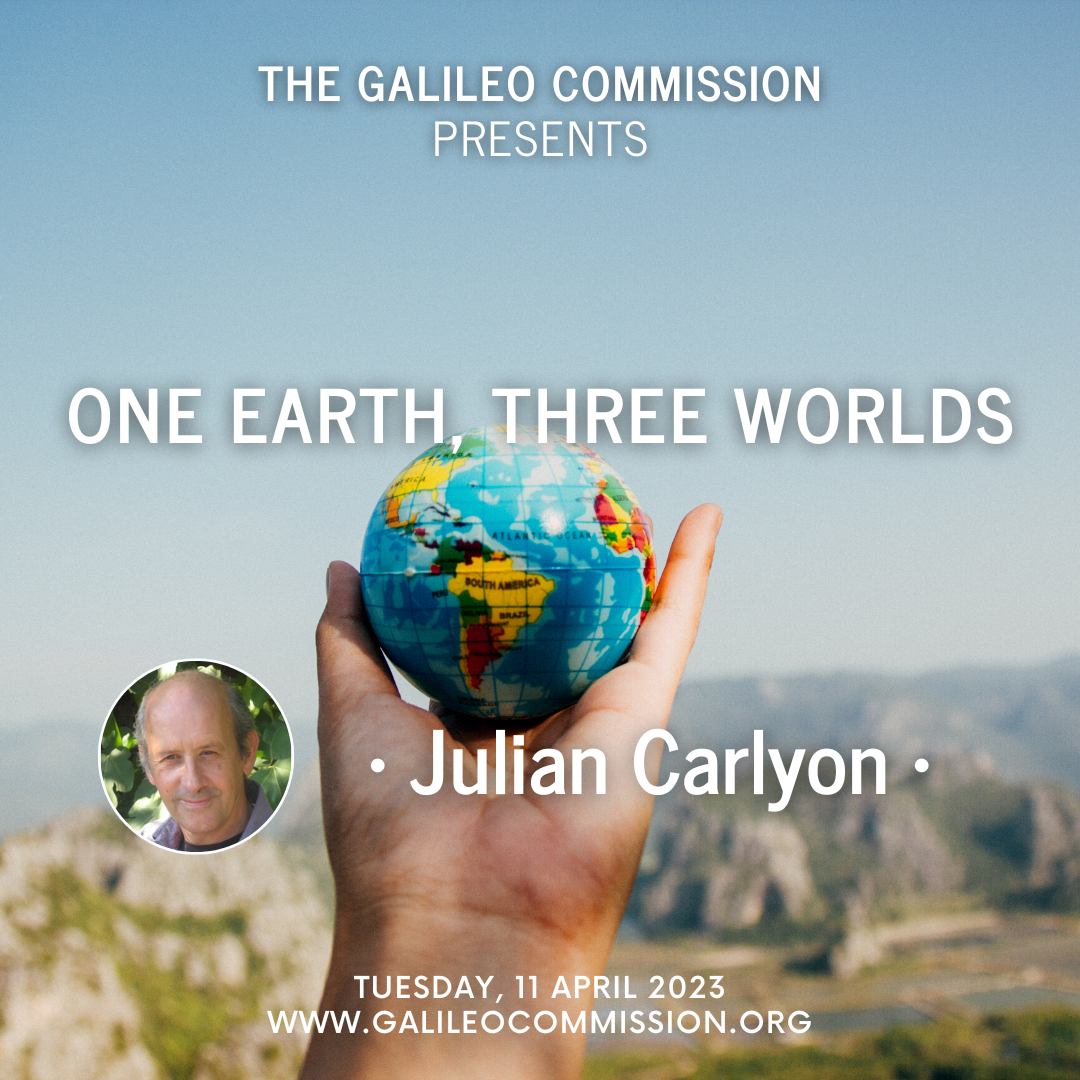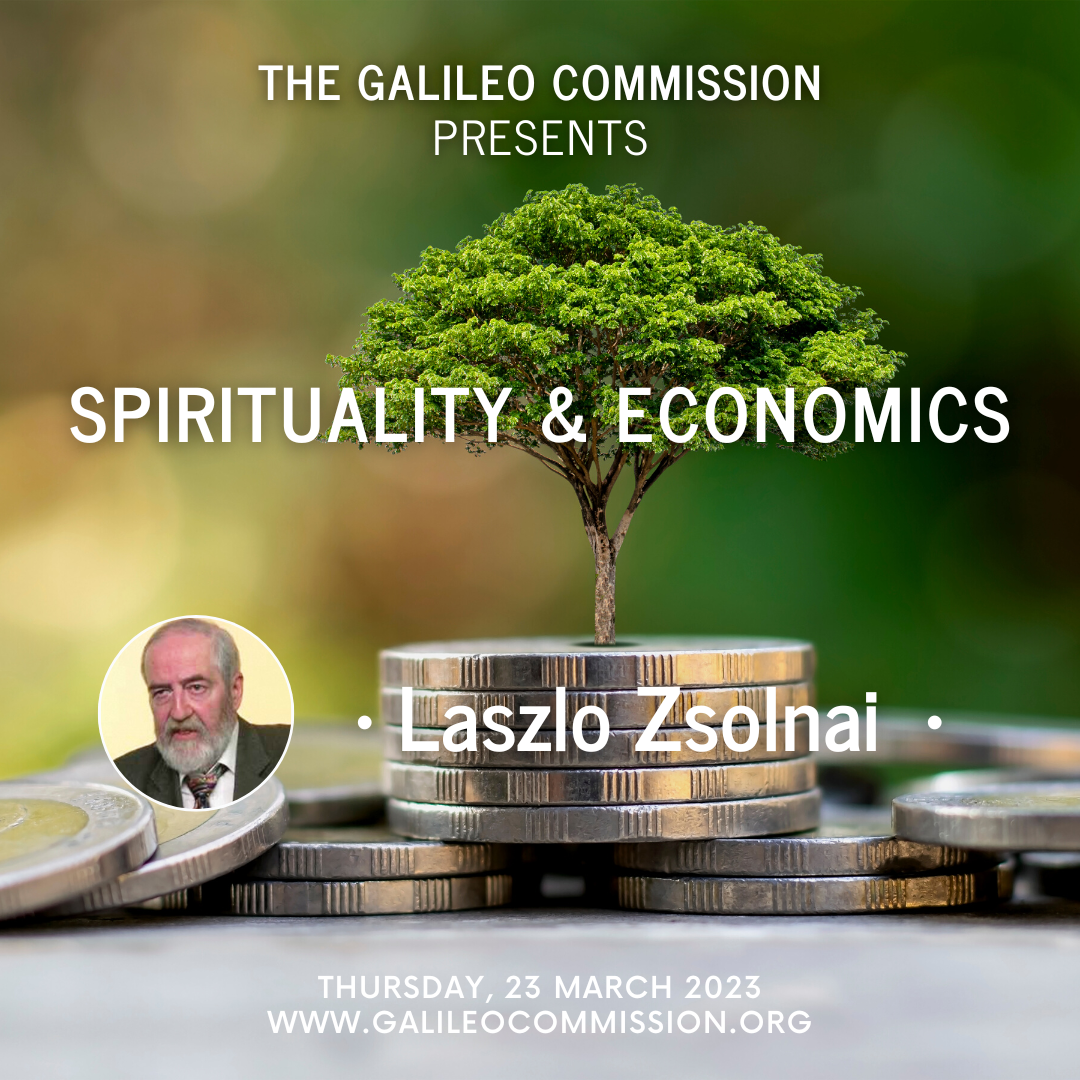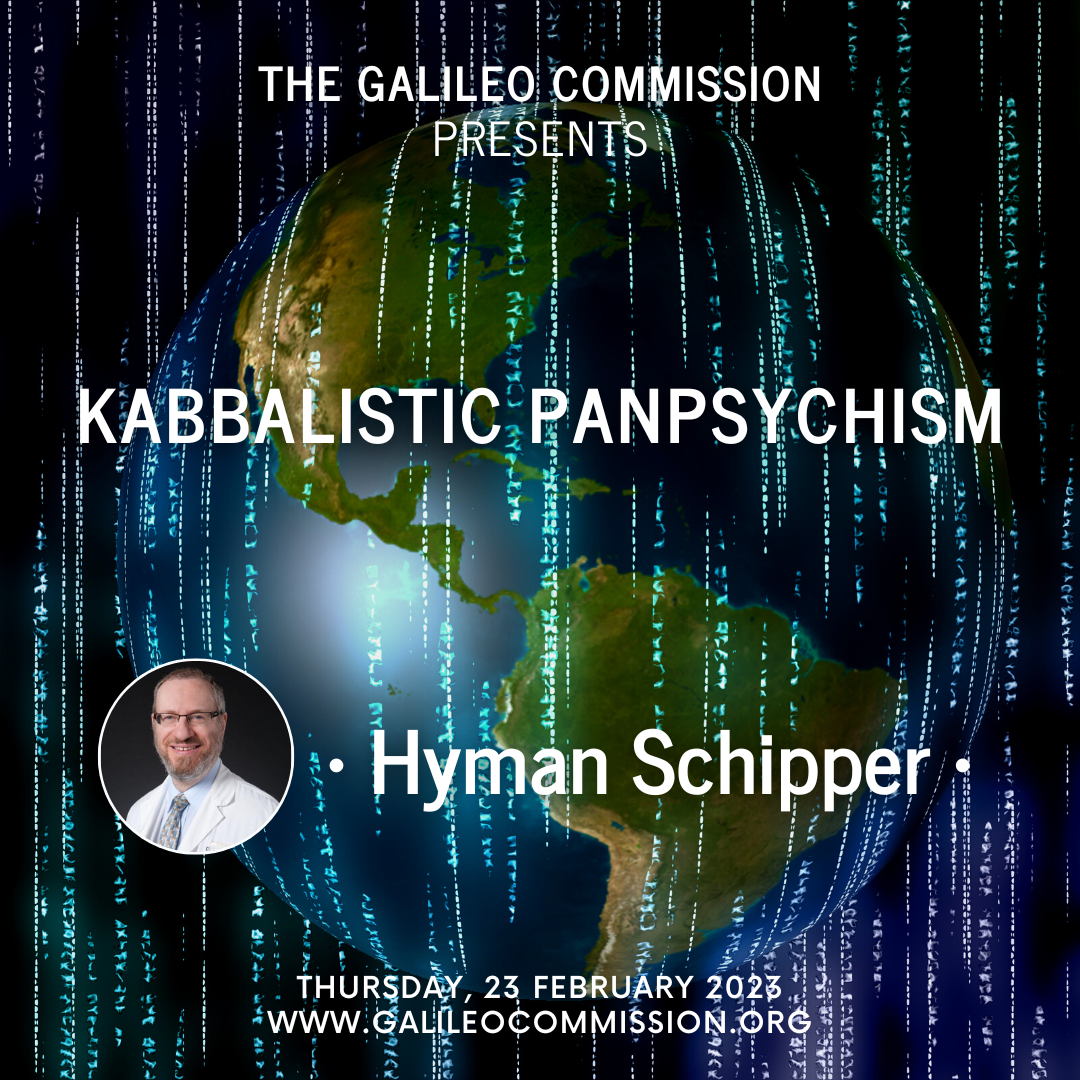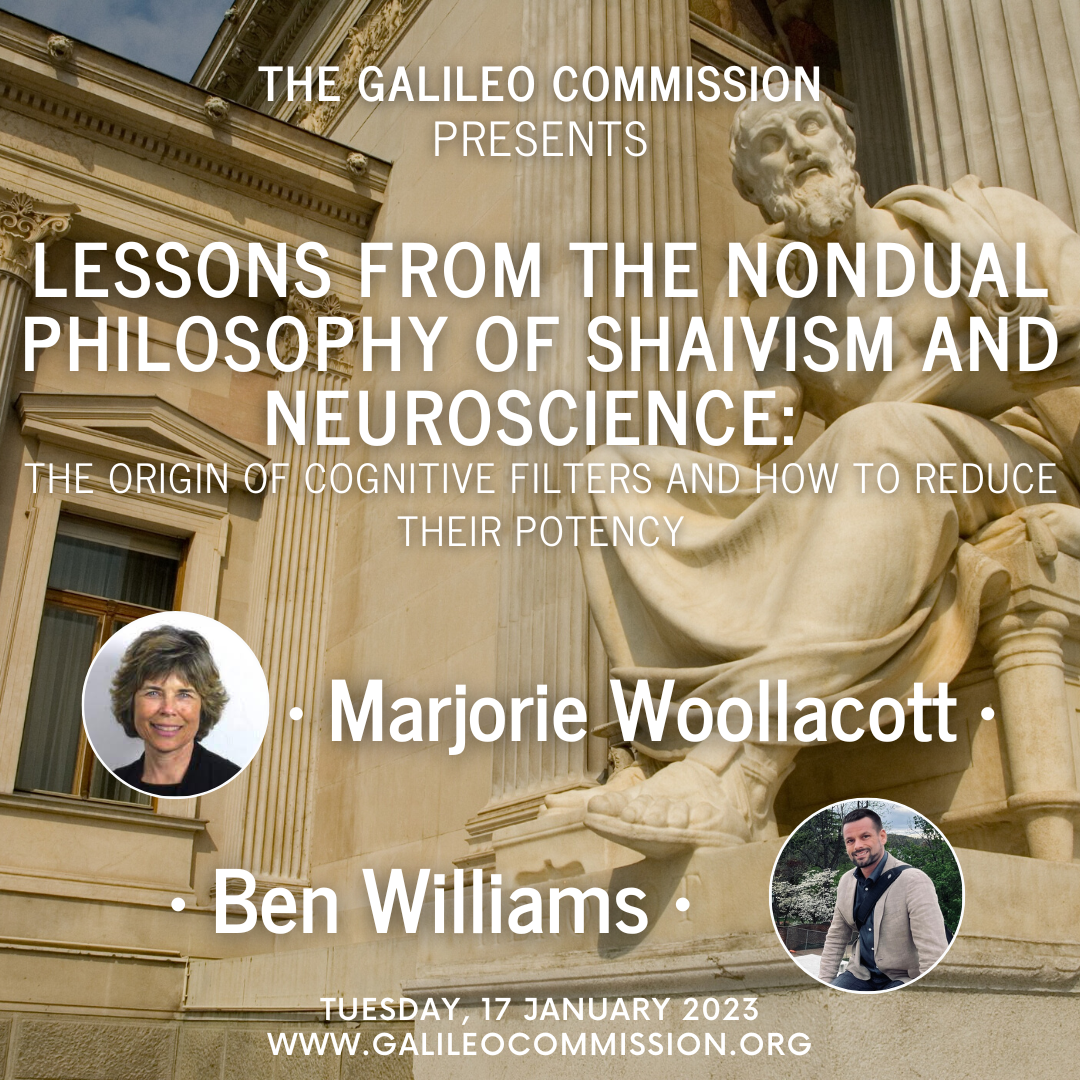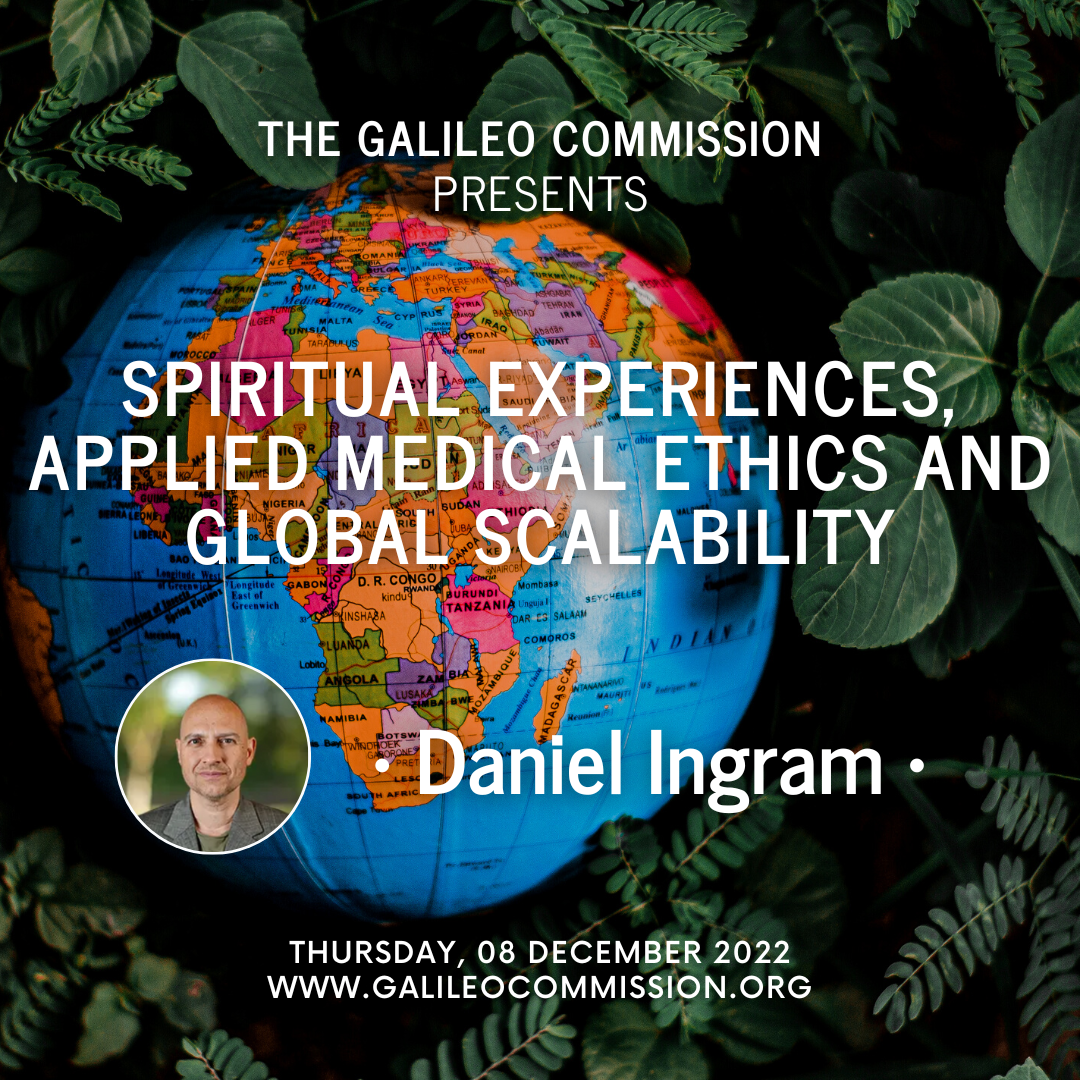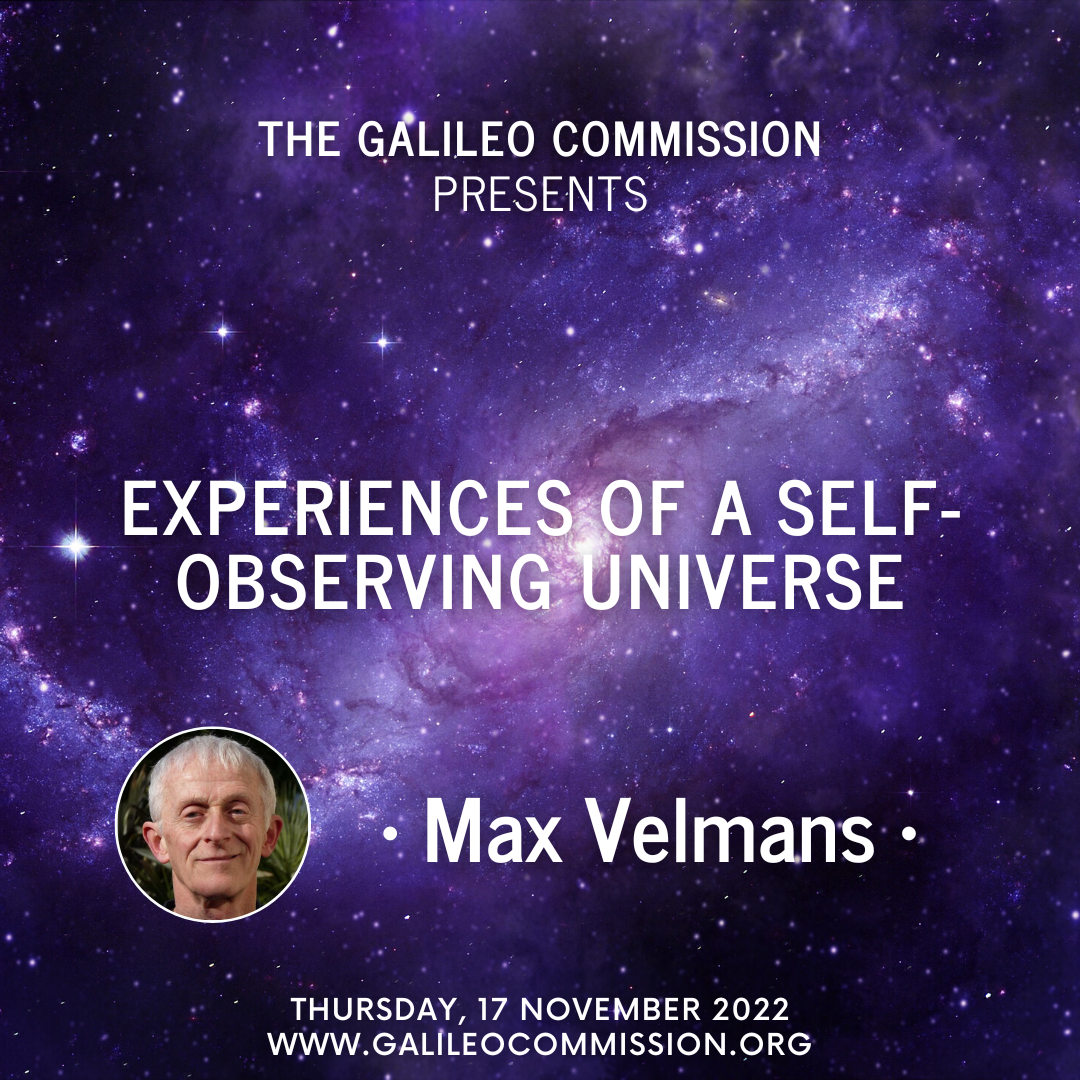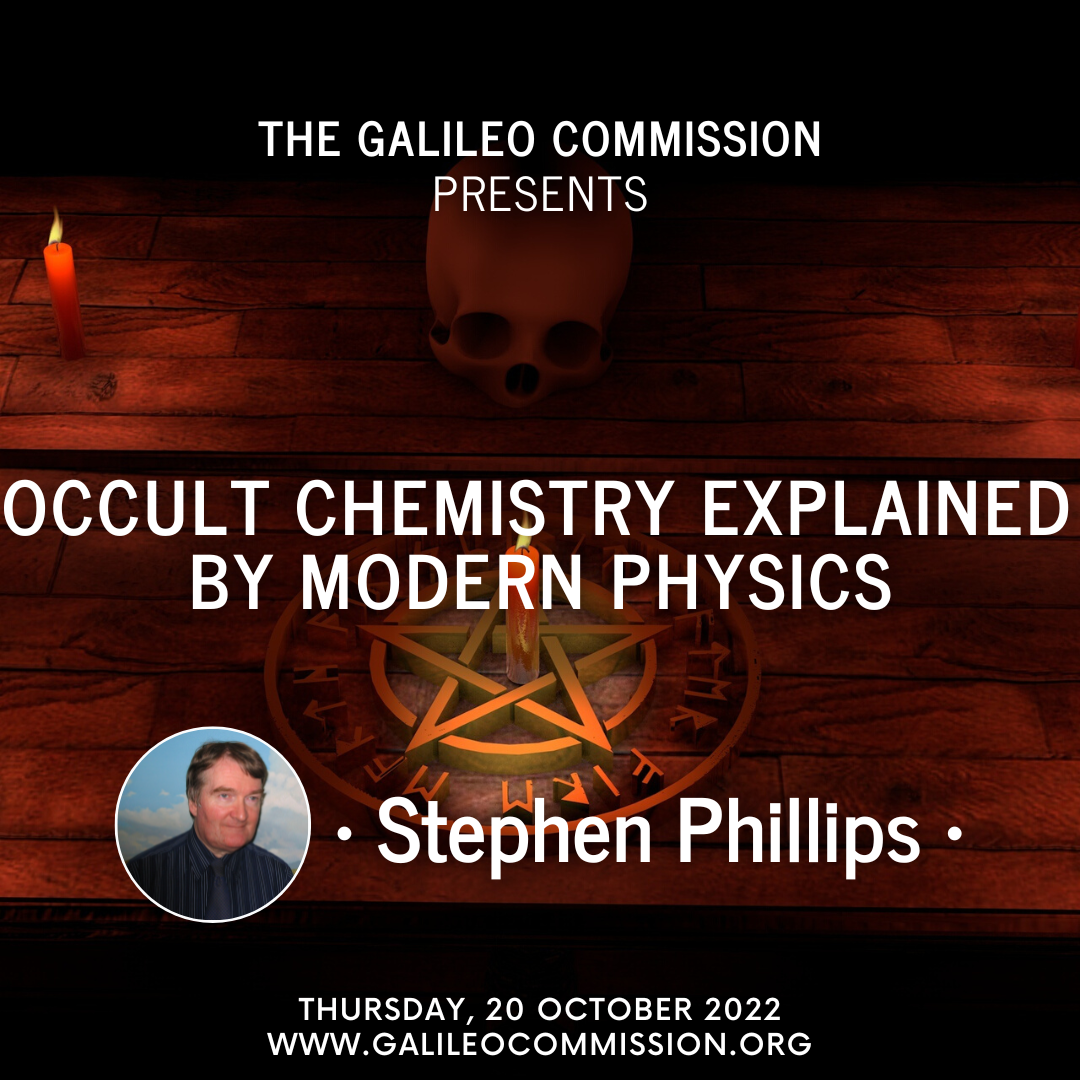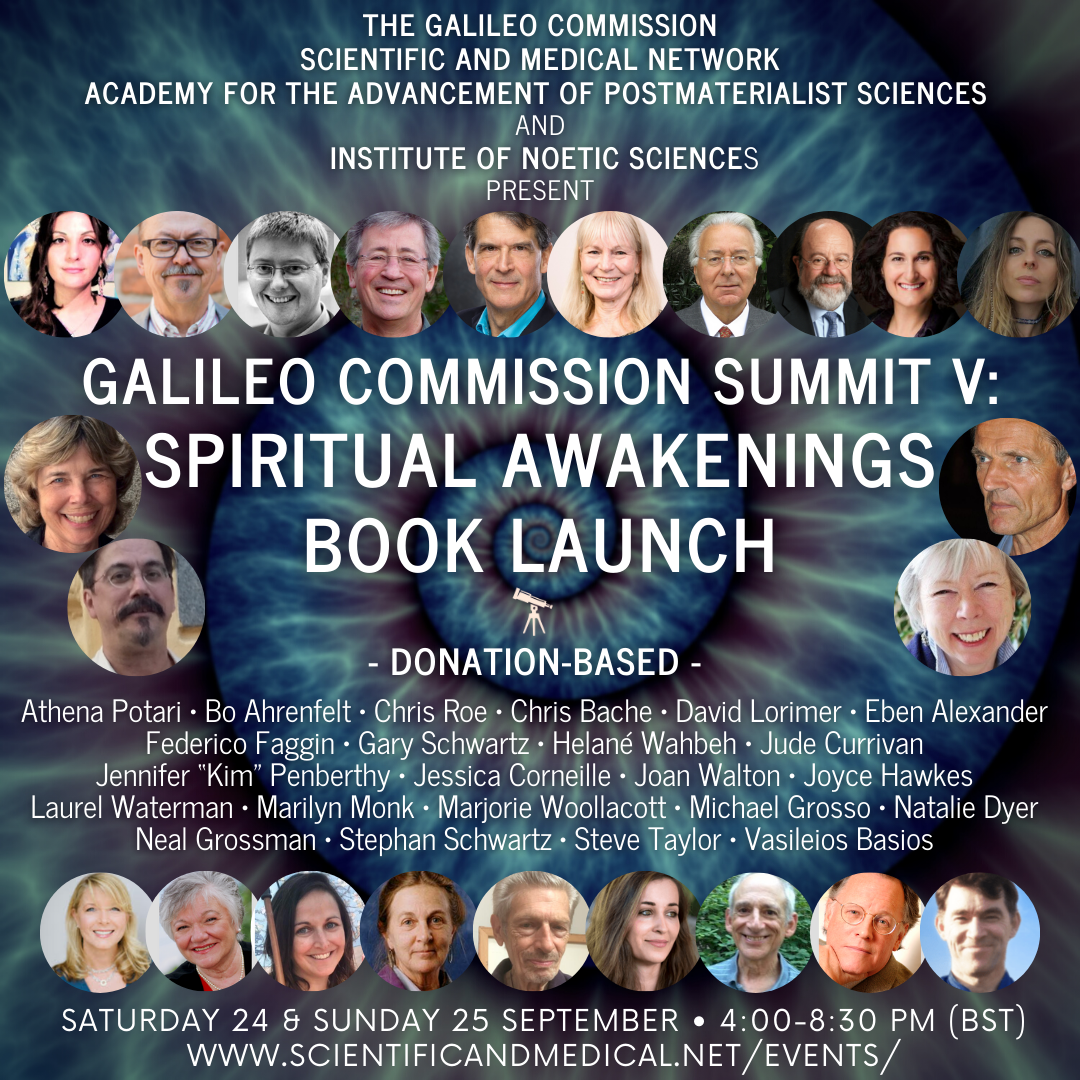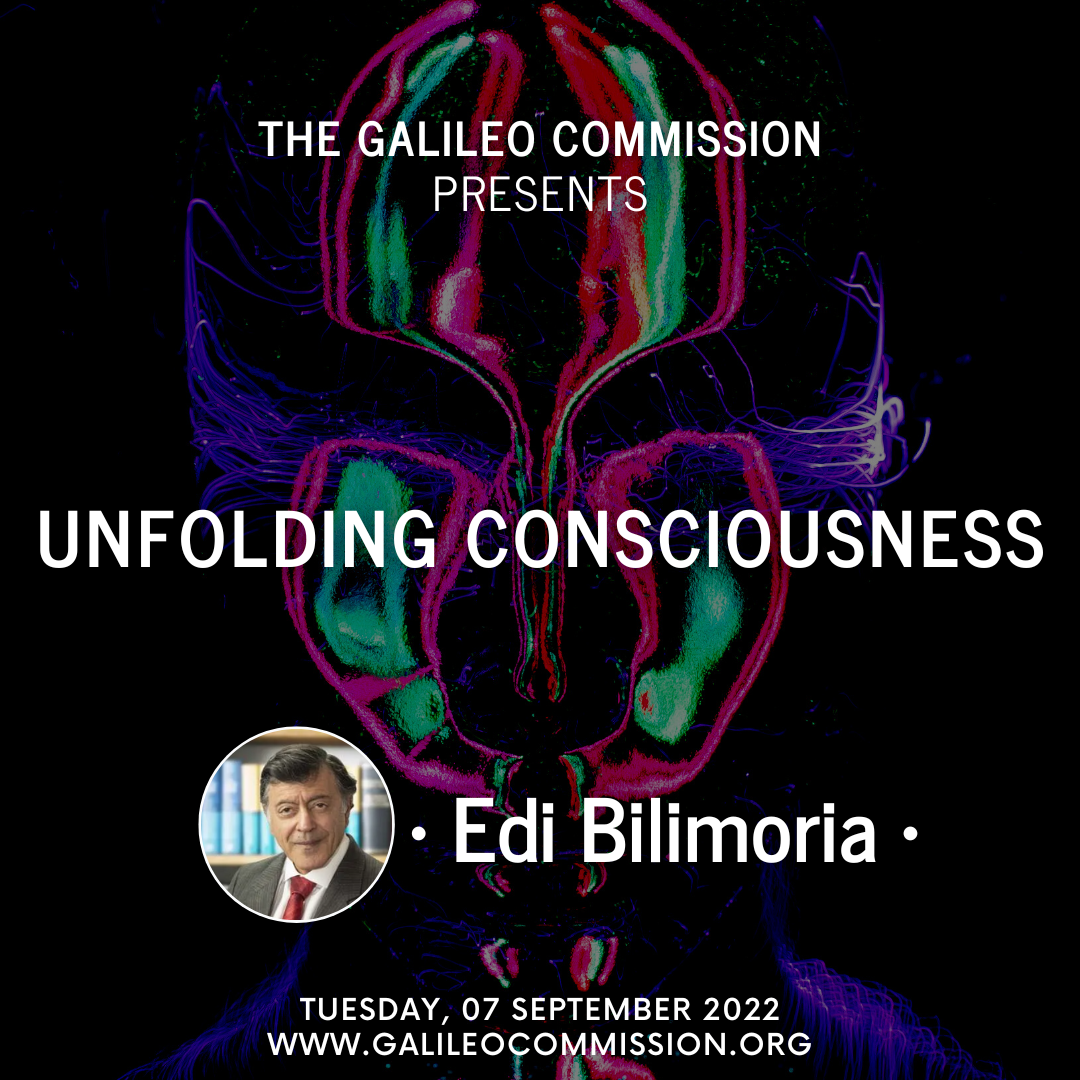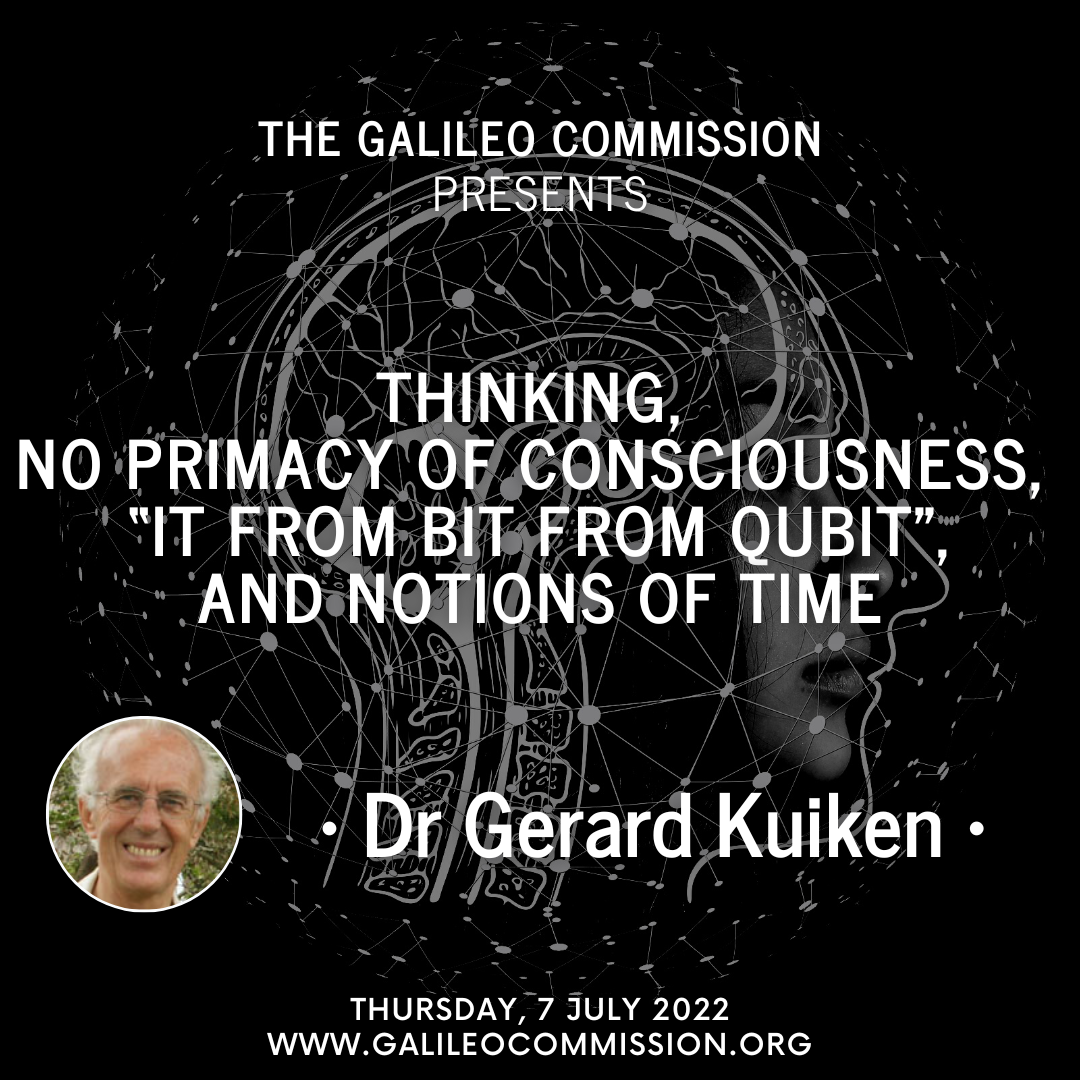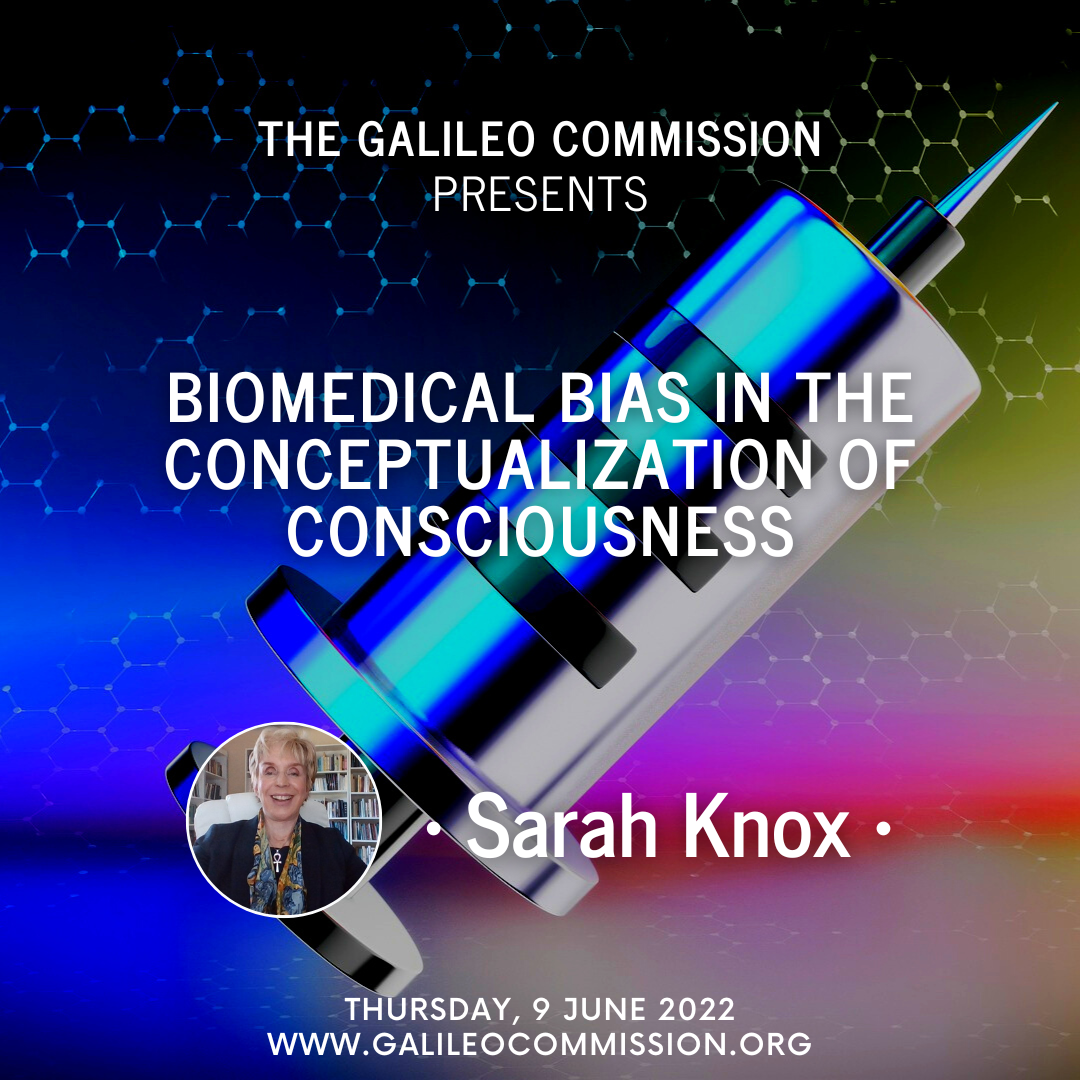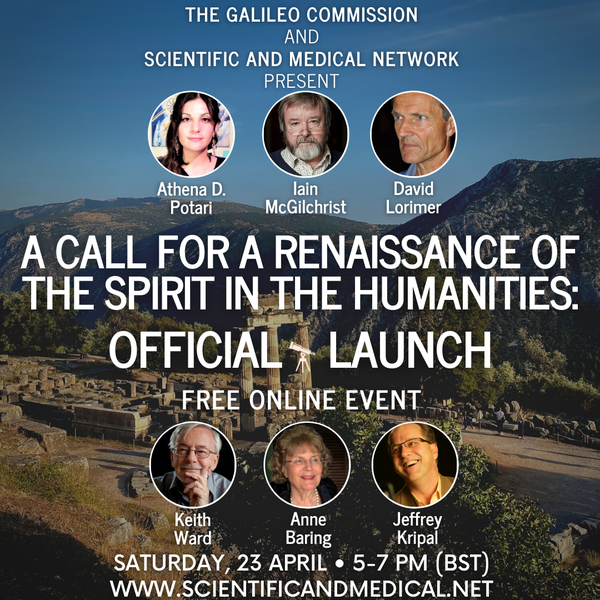Jessica Bockler: Nurturing the Fields of Change
Event recording Slides can be found here. Event description What is the role
Chasing Memory: Exploring the Dimension of Conscious Mind – Carl Gunther
To decisively reveal the nonphysical dimension of Mind that manifests our reality, Chasing Memory, probes deeply into the source of living “memory” in the broadest sense. In doing so, we find the philosophers’ “hard problem” of the nature of consciousness can be settled...
Imaginal Inspirations with Paul Gilbert
David's guest this month is Paul Gilbert, FBPsS, PhD, OBE, Professor of Clinical Psychology at the University of Derby and honorary visiting Prof at the University of Queensland. Until his retirement from the NHS in 2016 he was Clinical Psychologist for over 40 years and a consultant for 30. He has researched evolutionary approaches to psychopathology with a special focus on mood, shame and self-criticism in various mental health difficulties.
Jessica Bockler: Nurturing the Fields of Change
Event recording Slides can be found here. Event description What is the role
Chasing Memory: Exploring the Dimension of Conscious Mind – Carl Gunther
To decisively reveal the nonphysical dimension of Mind that manifests our reality, Chasing Memory, probes deeply into the source of living “memory” in the broadest sense. In doing so, we find the philosophers’ “hard problem” of the nature of consciousness can be settled...
Imaginal Inspirations with Paul Gilbert
David's guest this month is Paul Gilbert, FBPsS, PhD, OBE, Professor of Clinical Psychology at the University of Derby and honorary visiting Prof at the University of Queensland. Until his retirement from the NHS in 2016 he was Clinical Psychologist for over 40 years and a consultant for 30. He has researched evolutionary approaches to psychopathology with a special focus on mood, shame and self-criticism in various mental health difficulties.
Jessica Bockler: Nurturing the Fields of Change
Event recording Slides can be found here. Event description What is the role
Chasing Memory: Exploring the Dimension of Conscious Mind – Carl Gunther
To decisively reveal the nonphysical dimension of Mind that manifests our reality, Chasing Memory, probes deeply into the source of living “memory” in the broadest sense. In doing so, we find the philosophers’ “hard problem” of the nature of consciousness can be settled...
Imaginal Inspirations with Paul Gilbert
David's guest this month is Paul Gilbert, FBPsS, PhD, OBE, Professor of Clinical Psychology at the University of Derby and honorary visiting Prof at the University of Queensland. Until his retirement from the NHS in 2016 he was Clinical Psychologist for over 40 years and a consultant for 30. He has researched evolutionary approaches to psychopathology with a special focus on mood, shame and self-criticism in various mental health difficulties.

– Erwin Schrödinger
– Prof David Bohm


– Albert Einstein
Click on any event to view the recordings as well as event details


